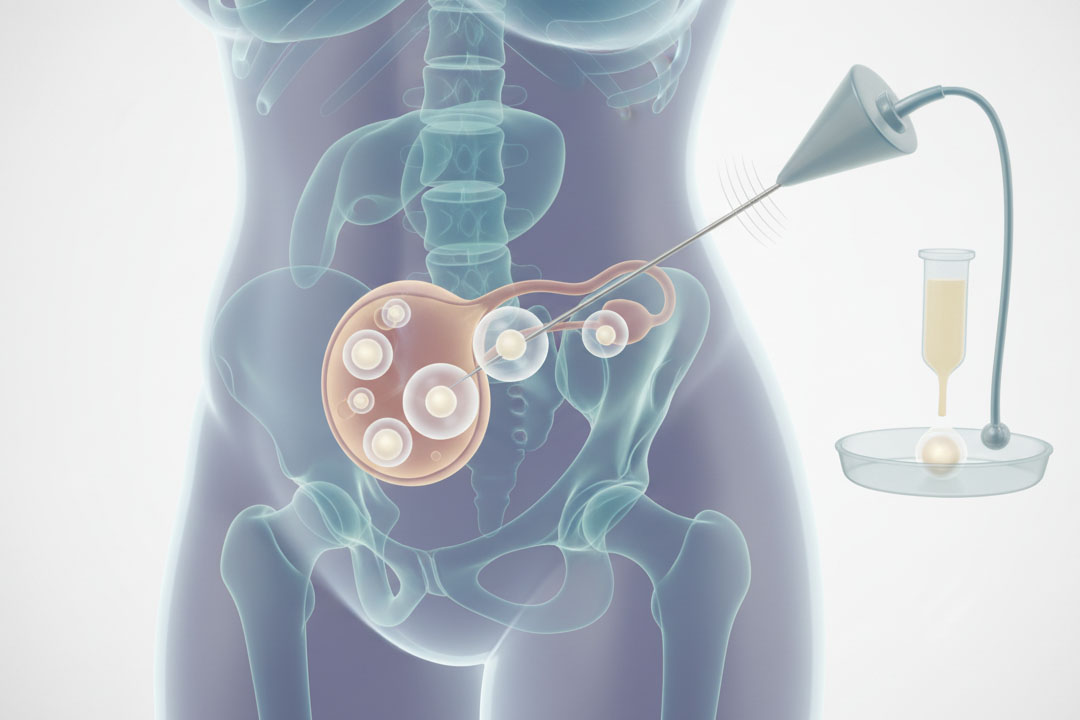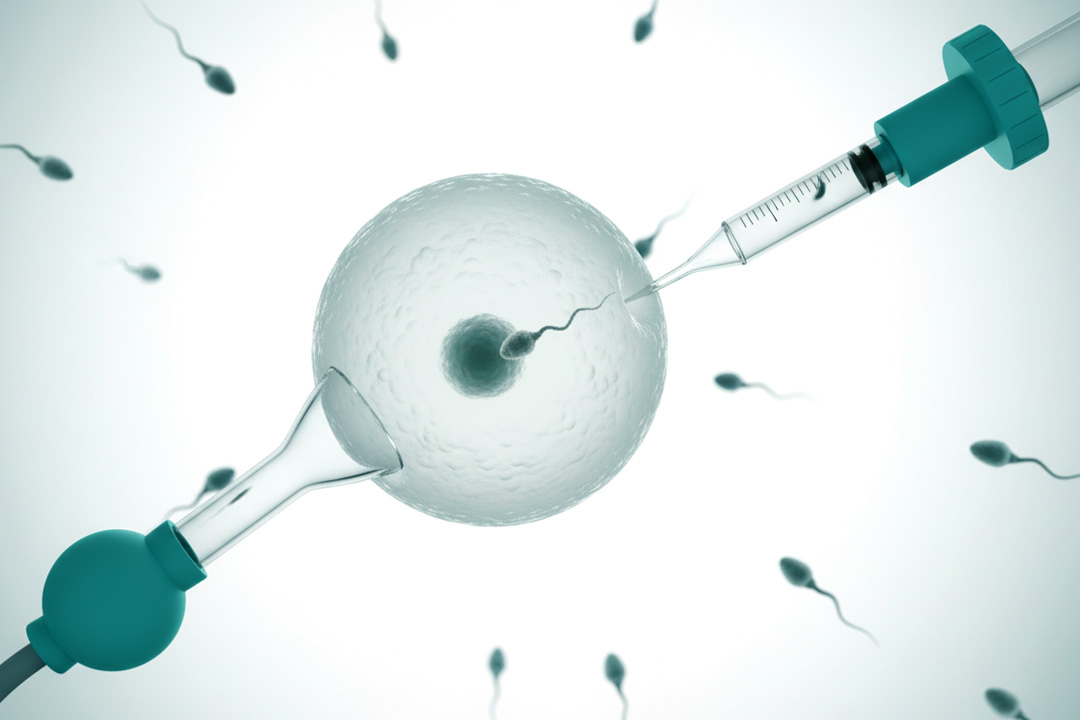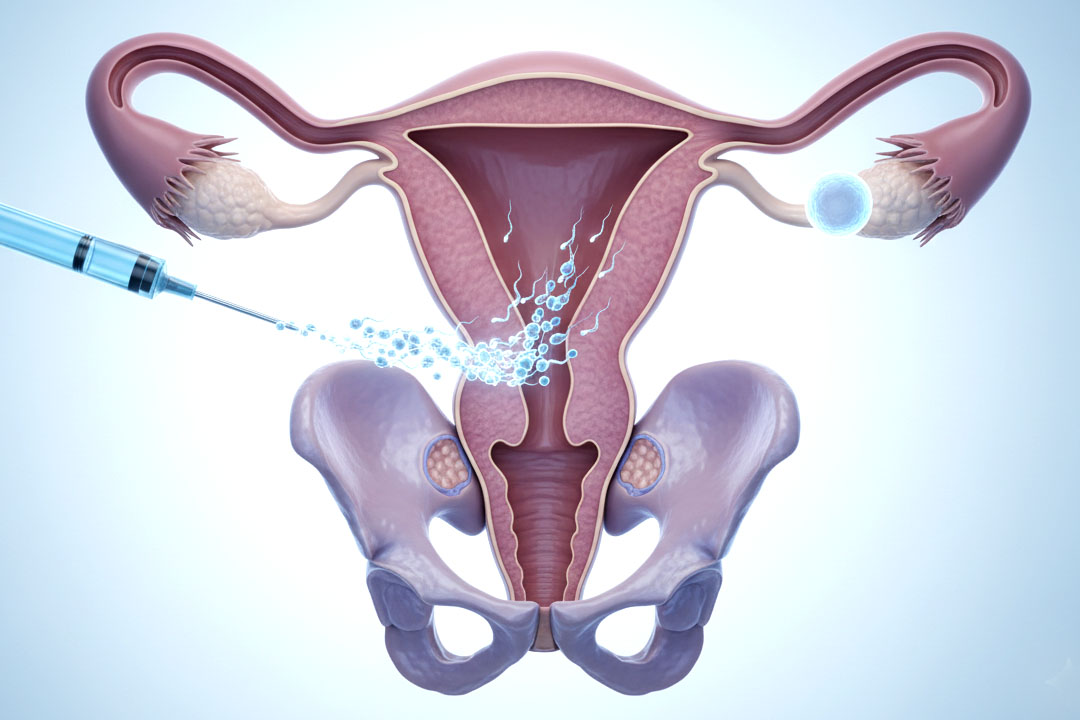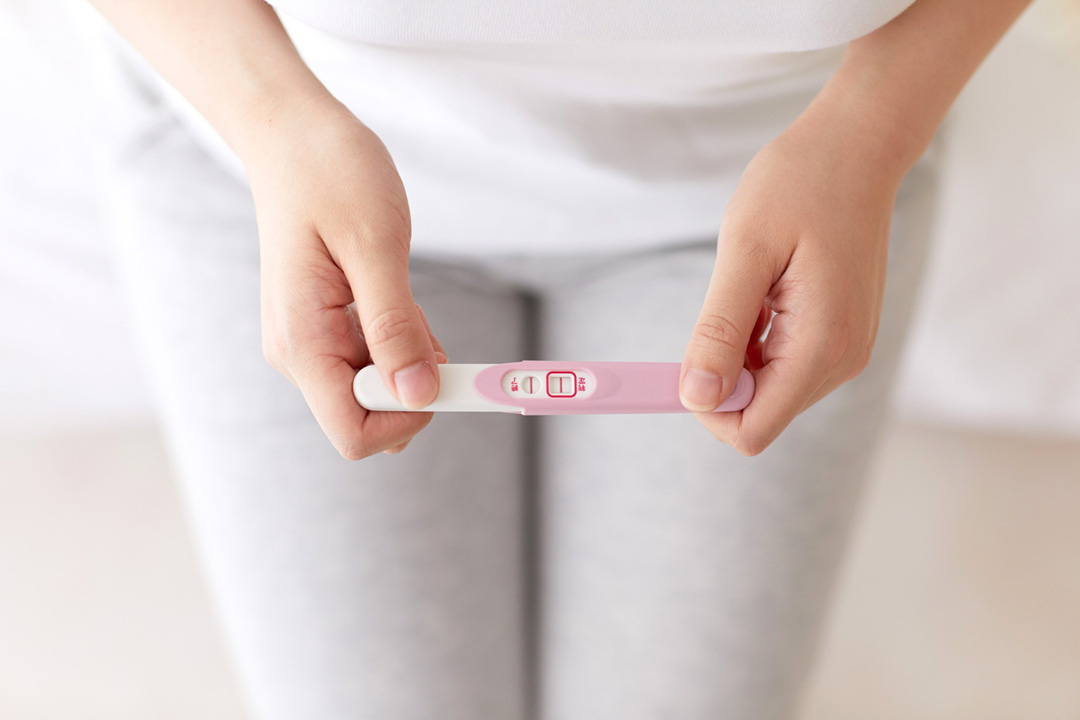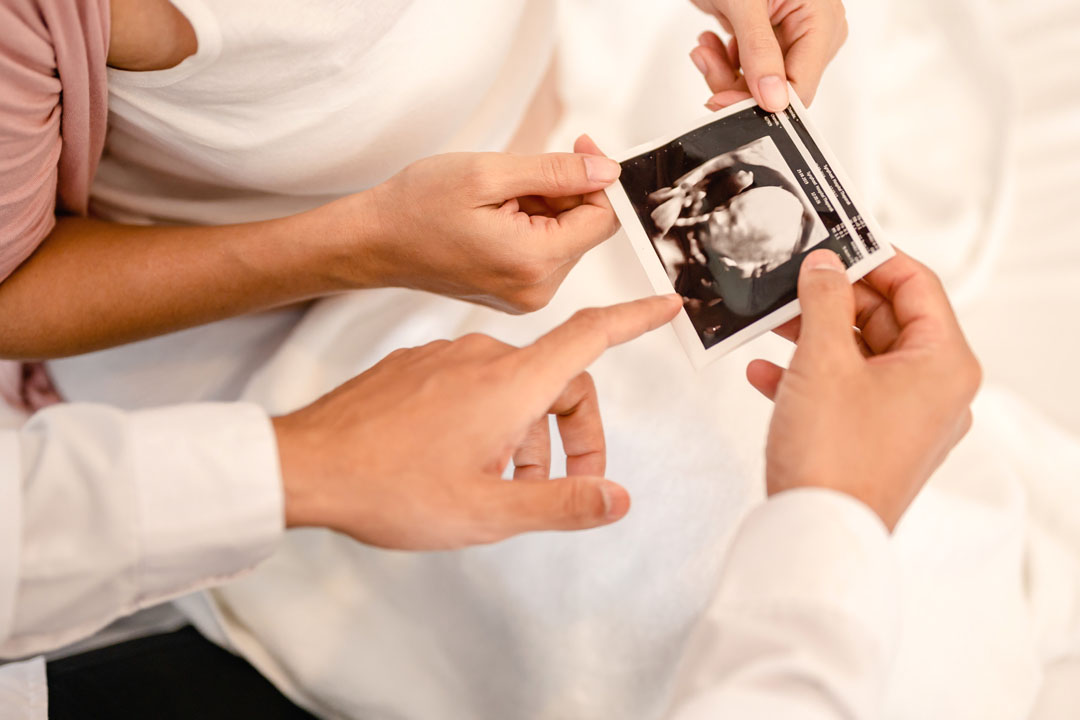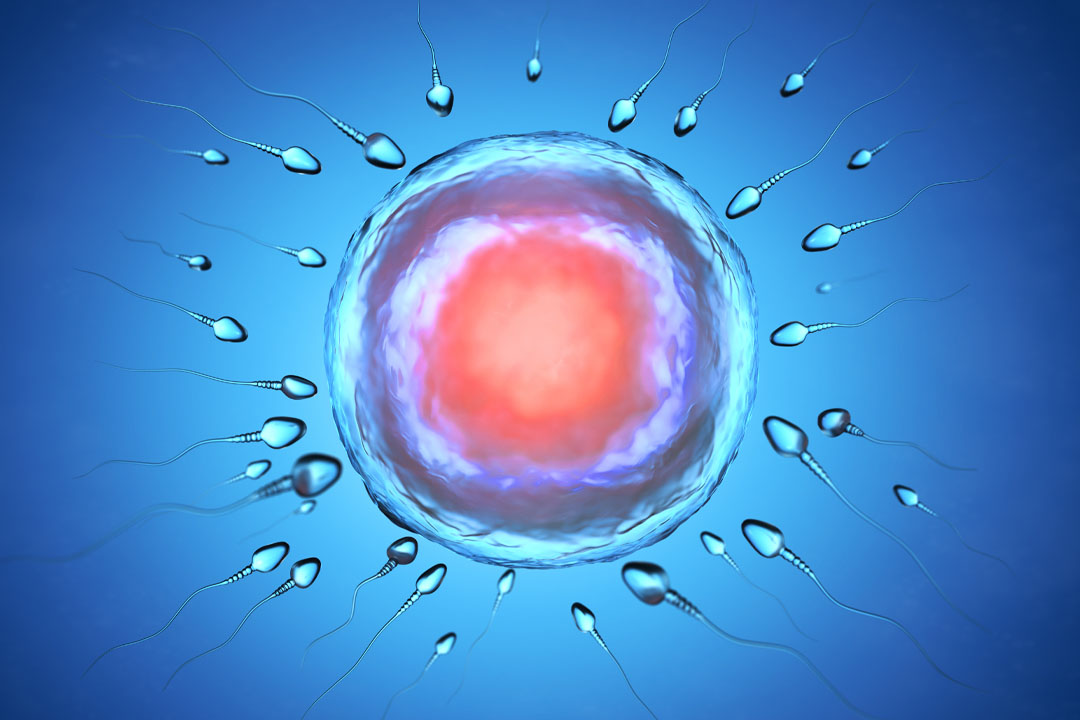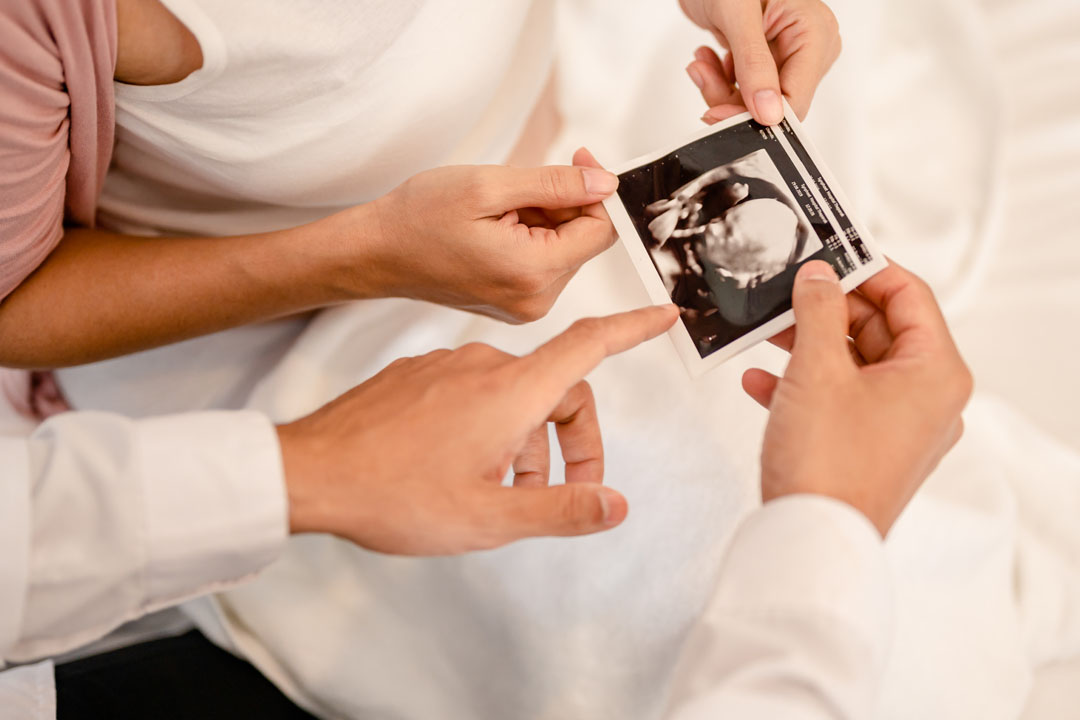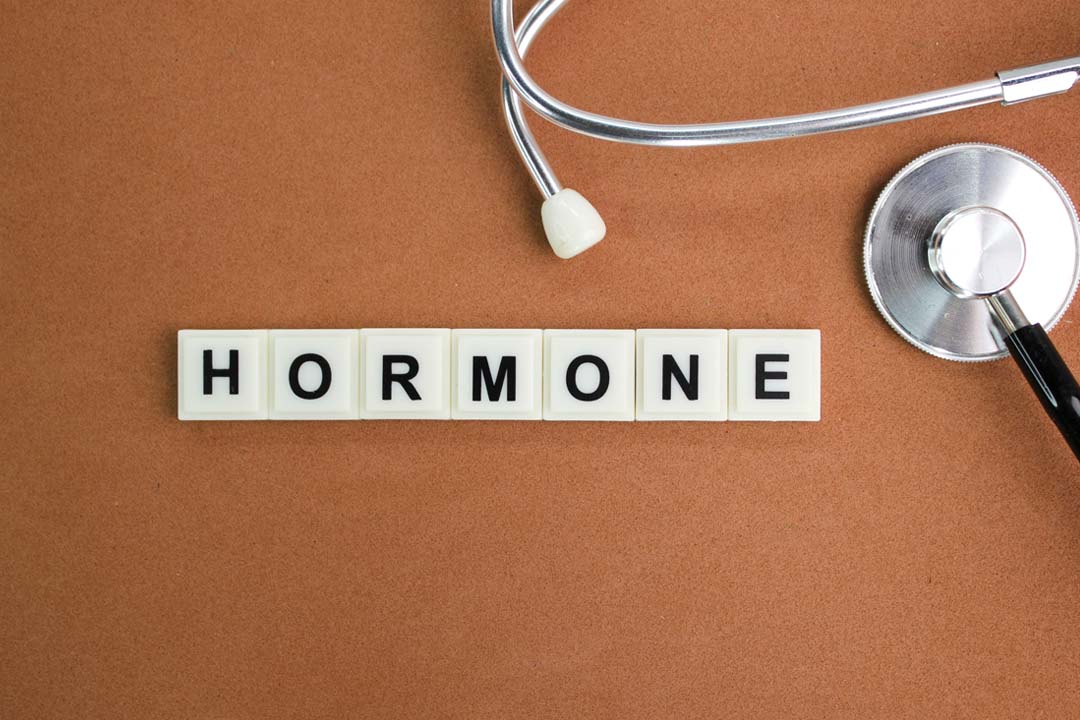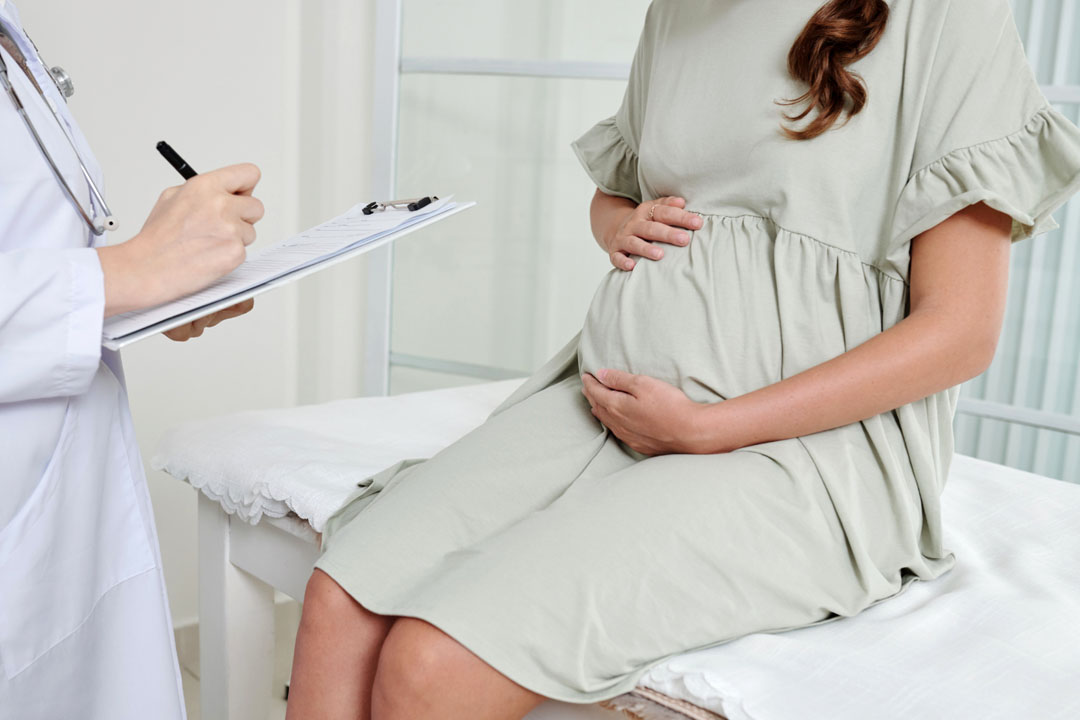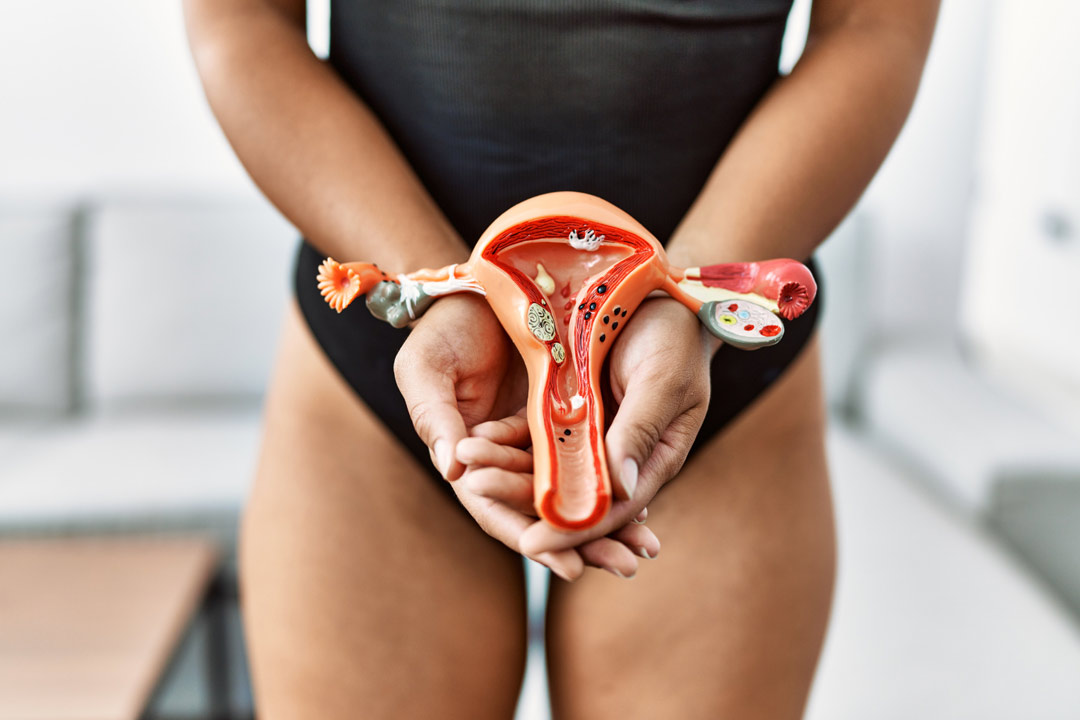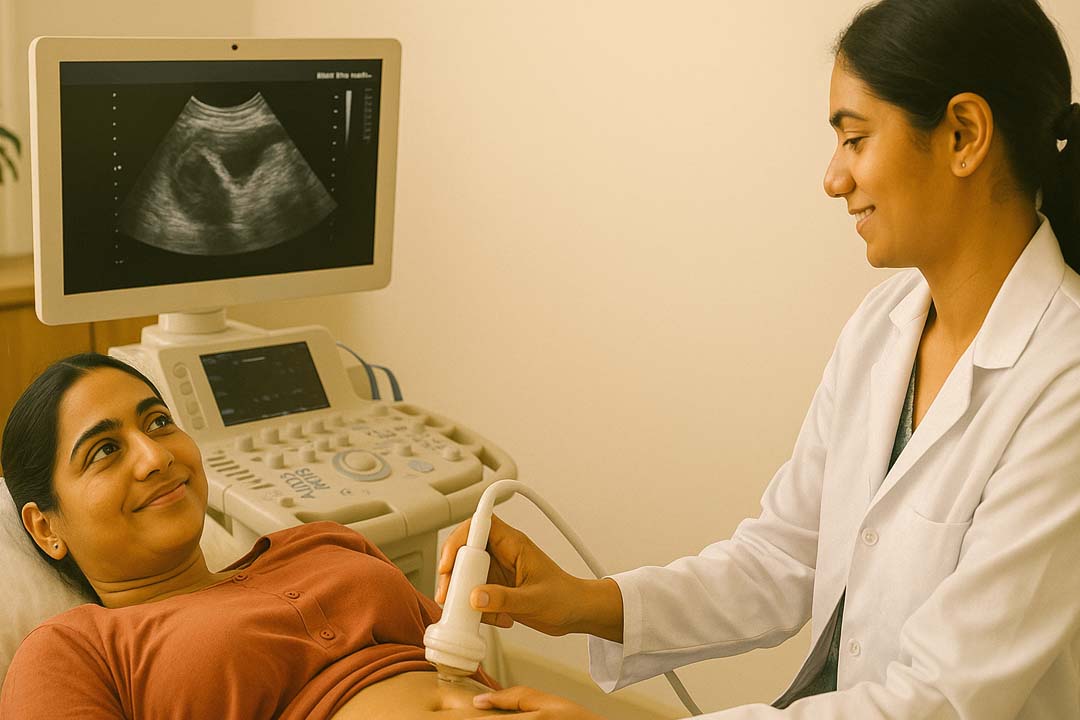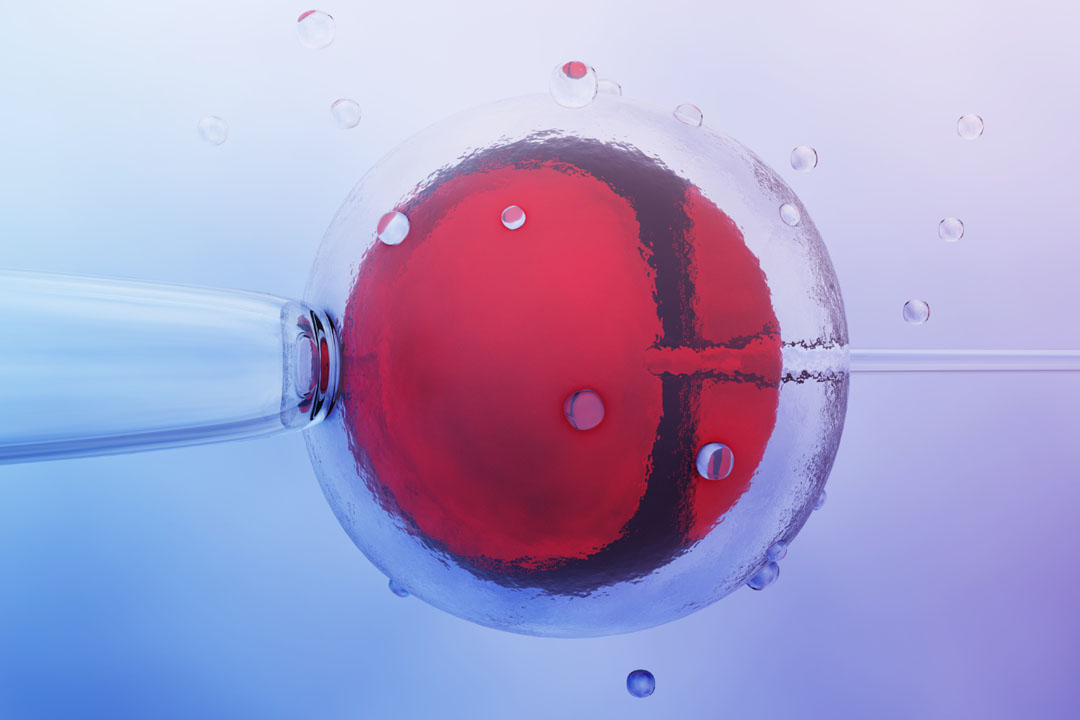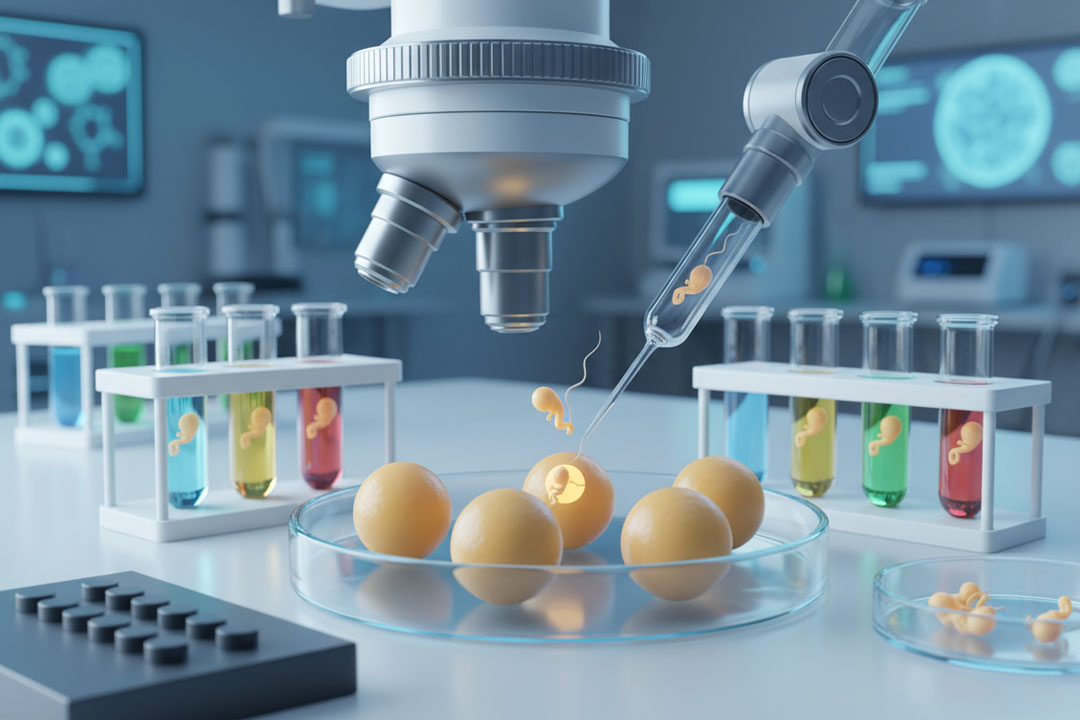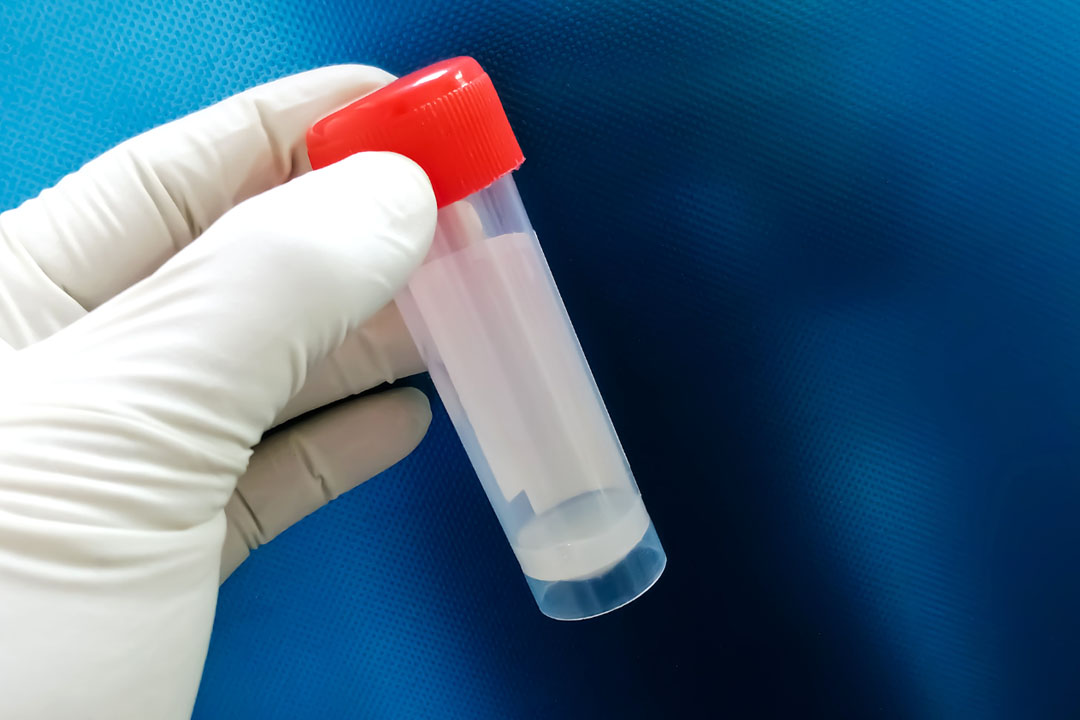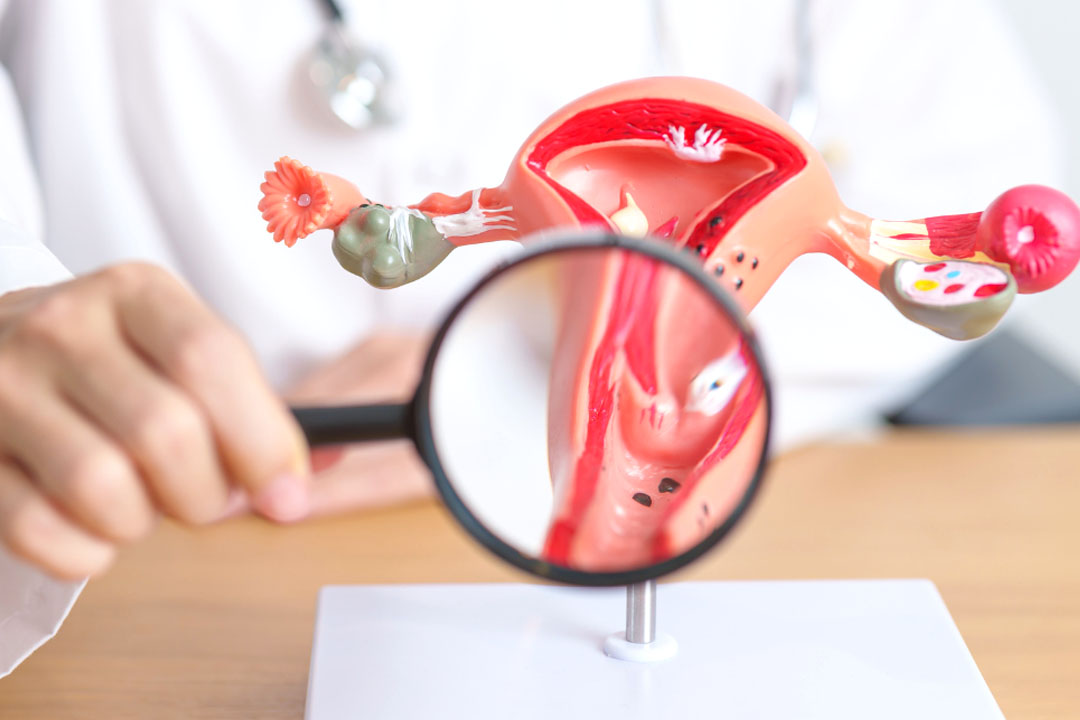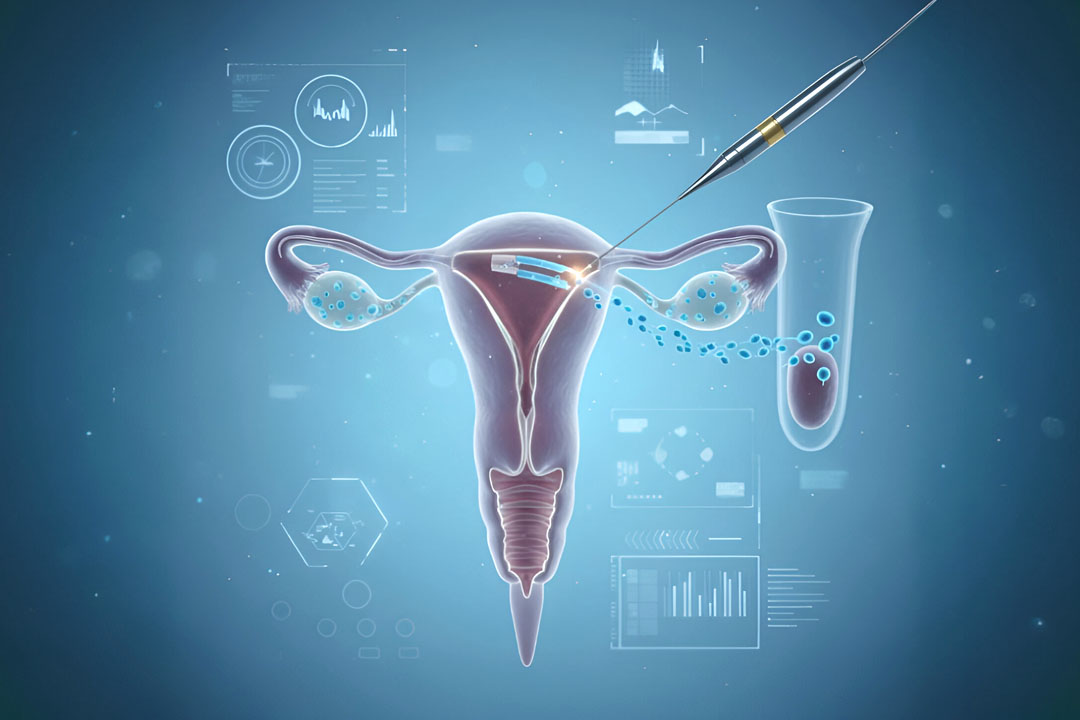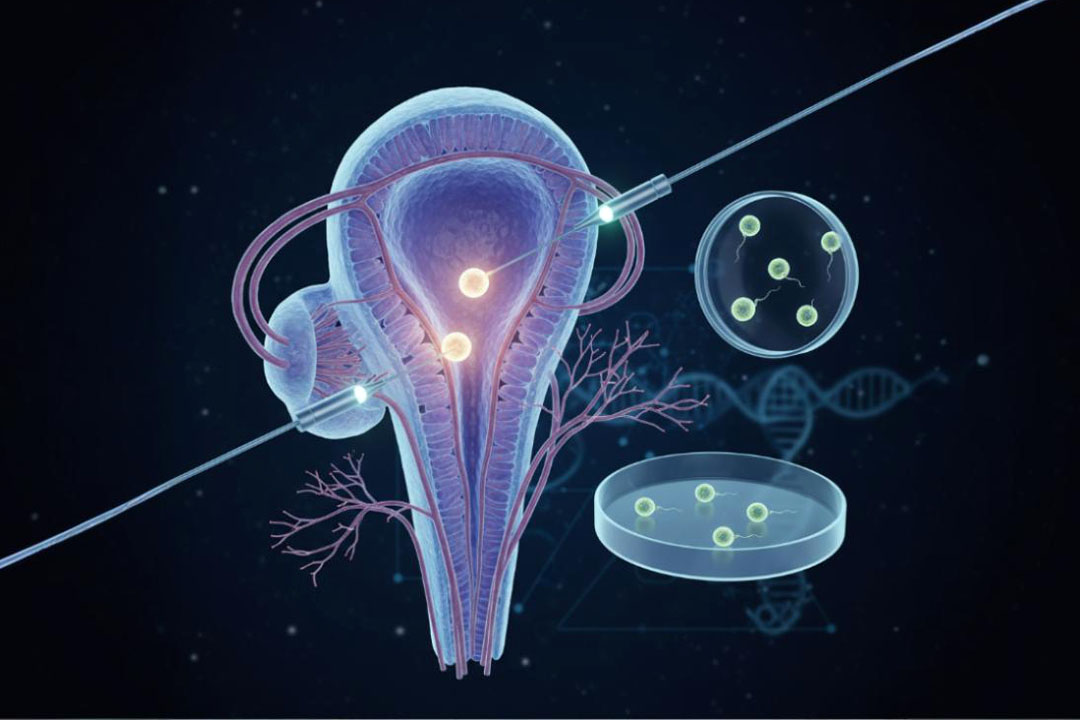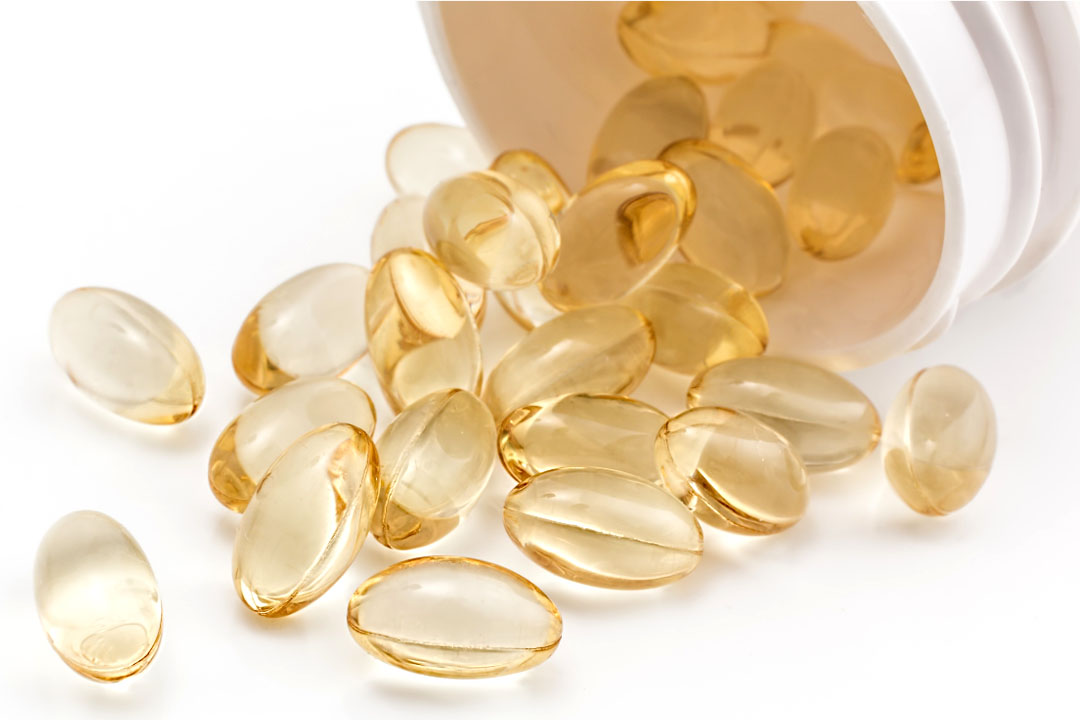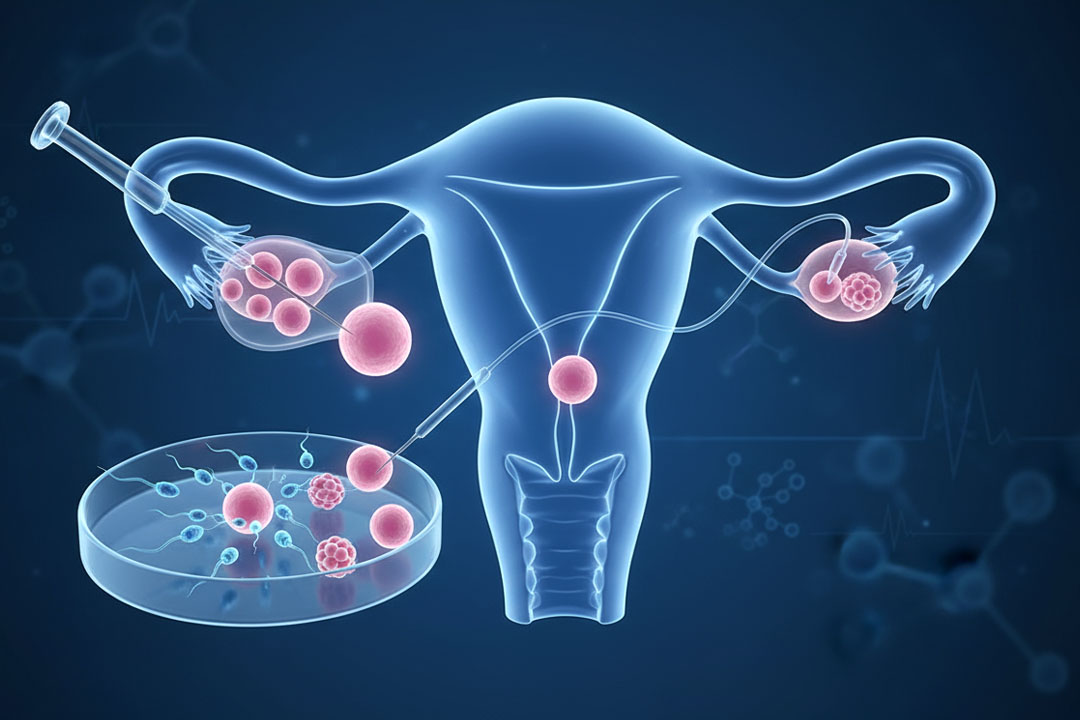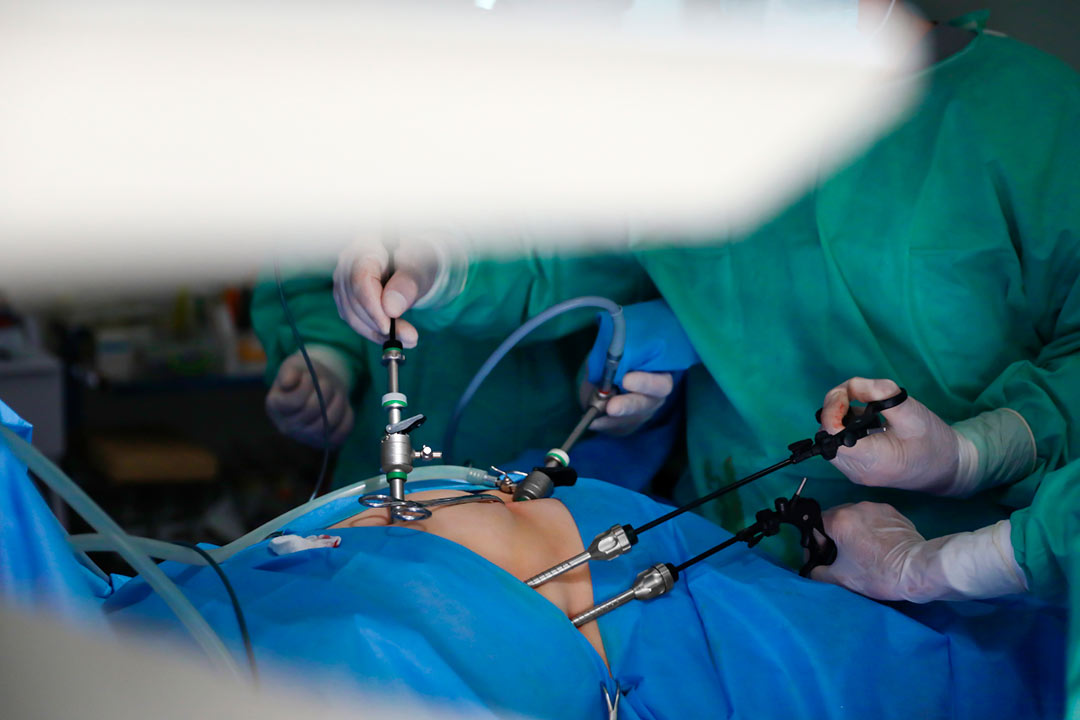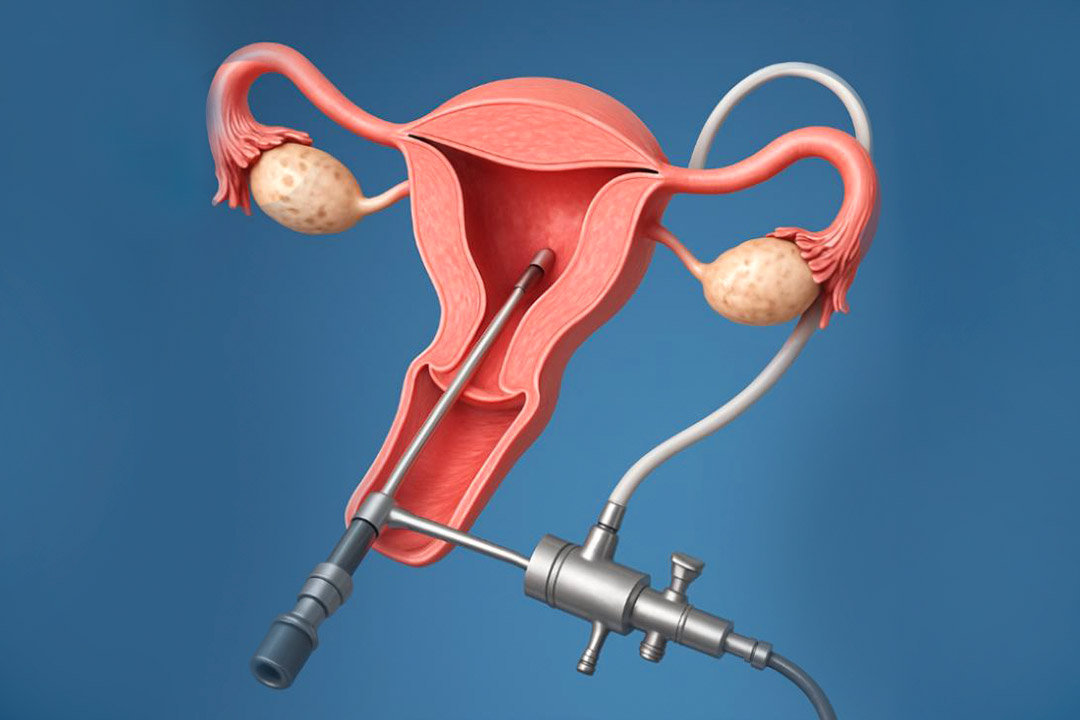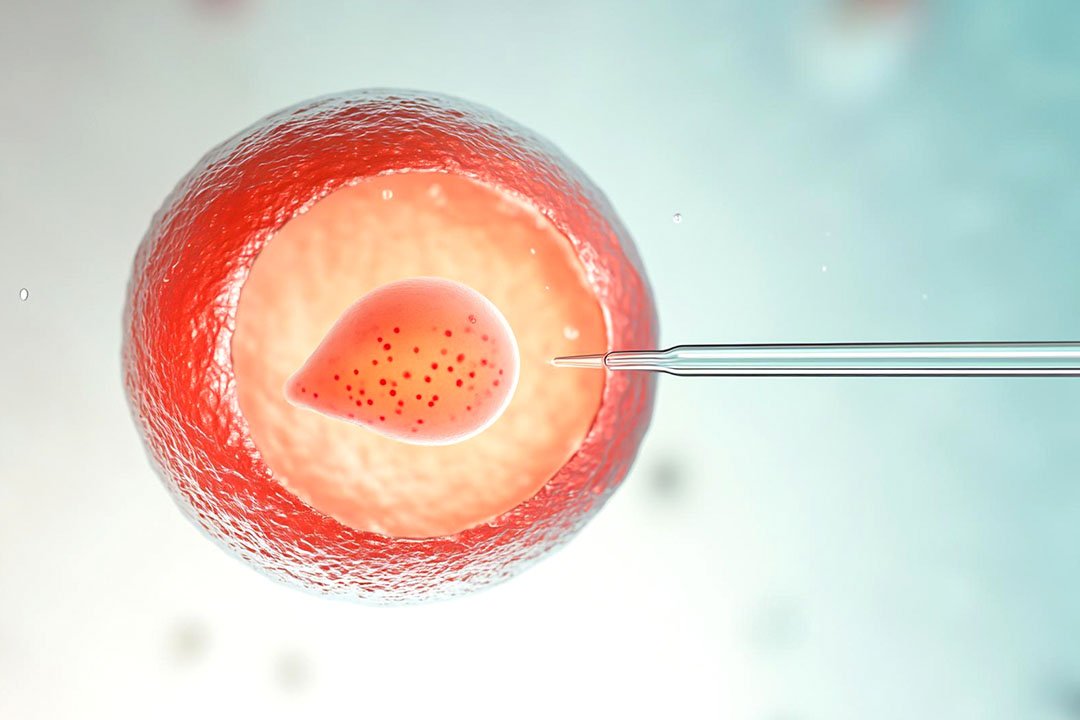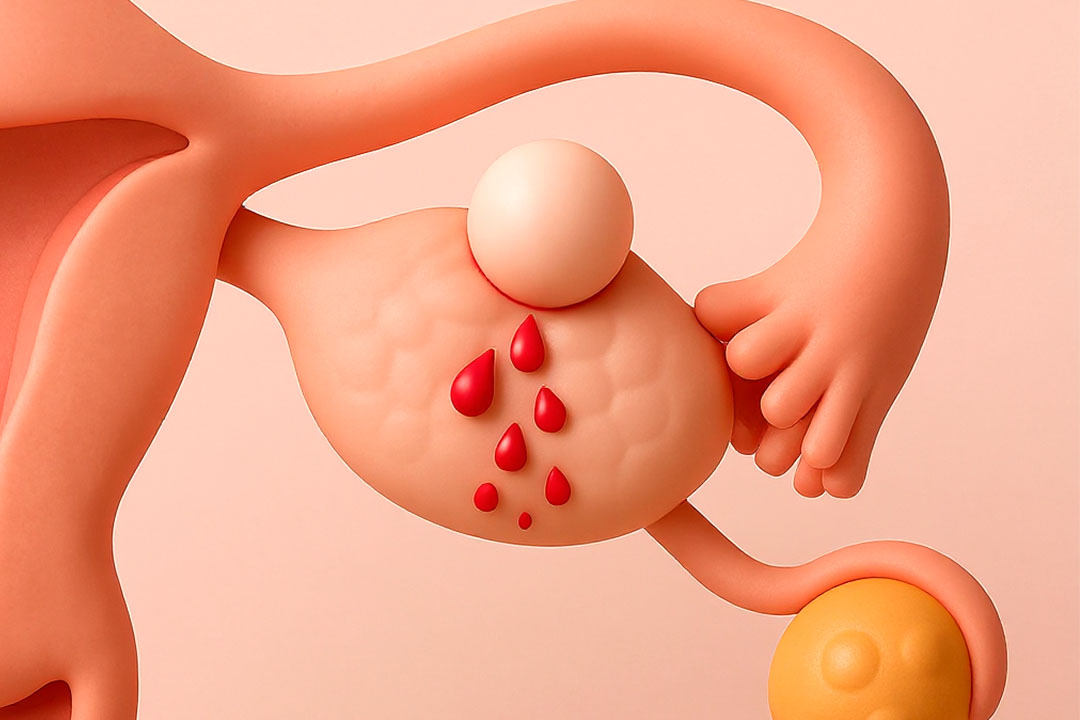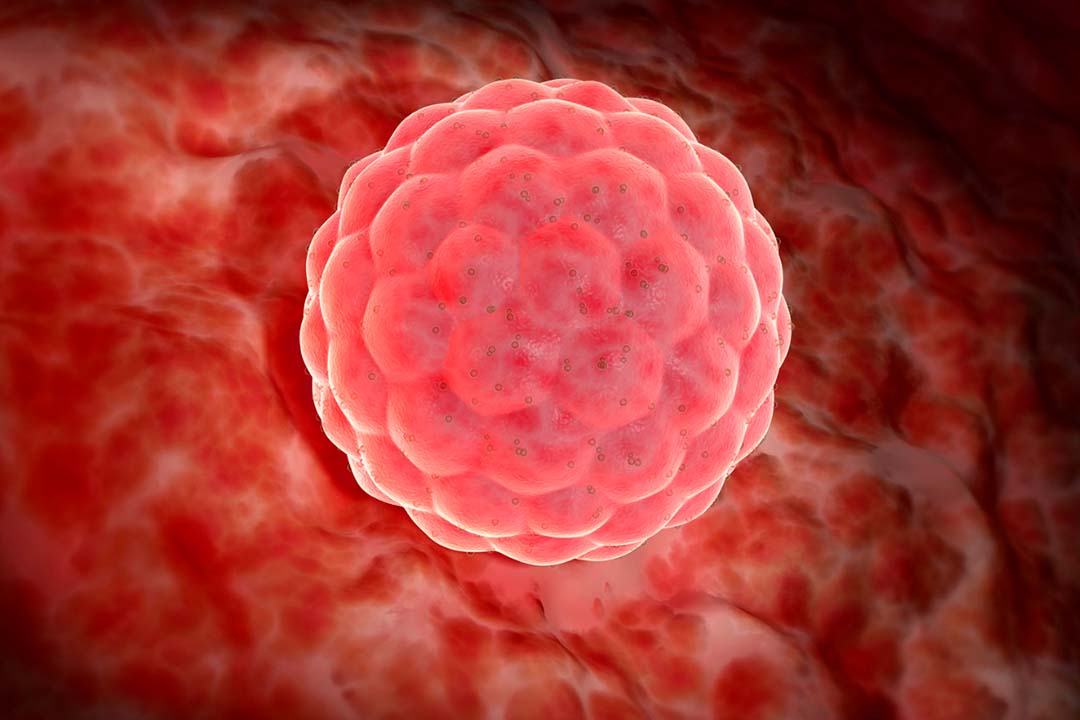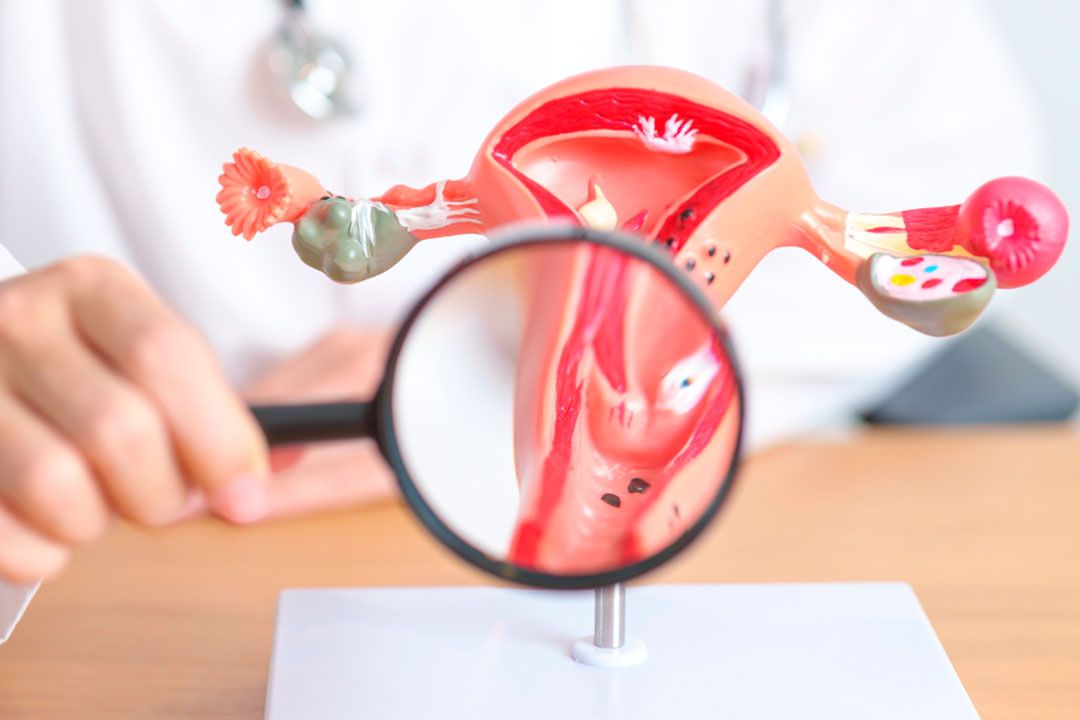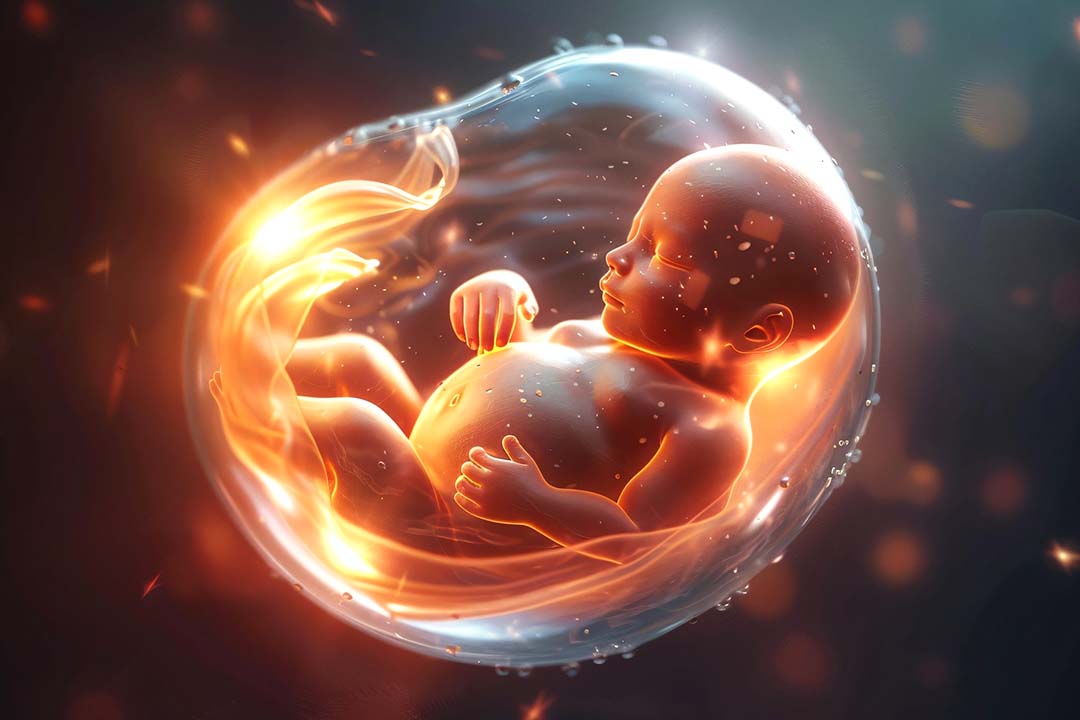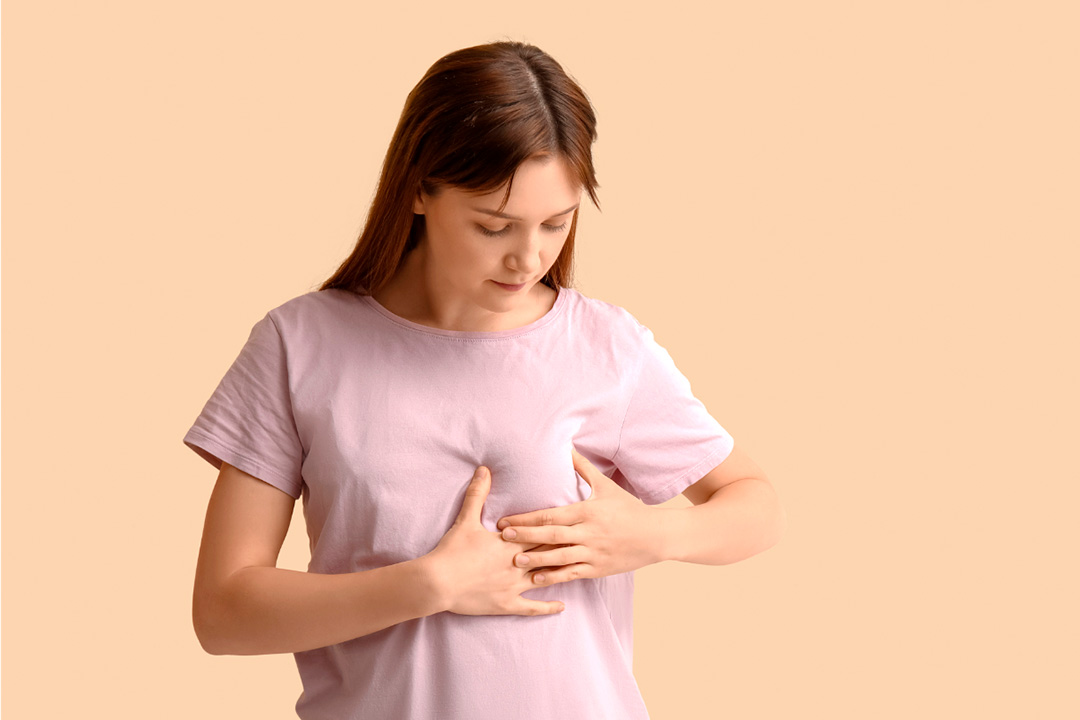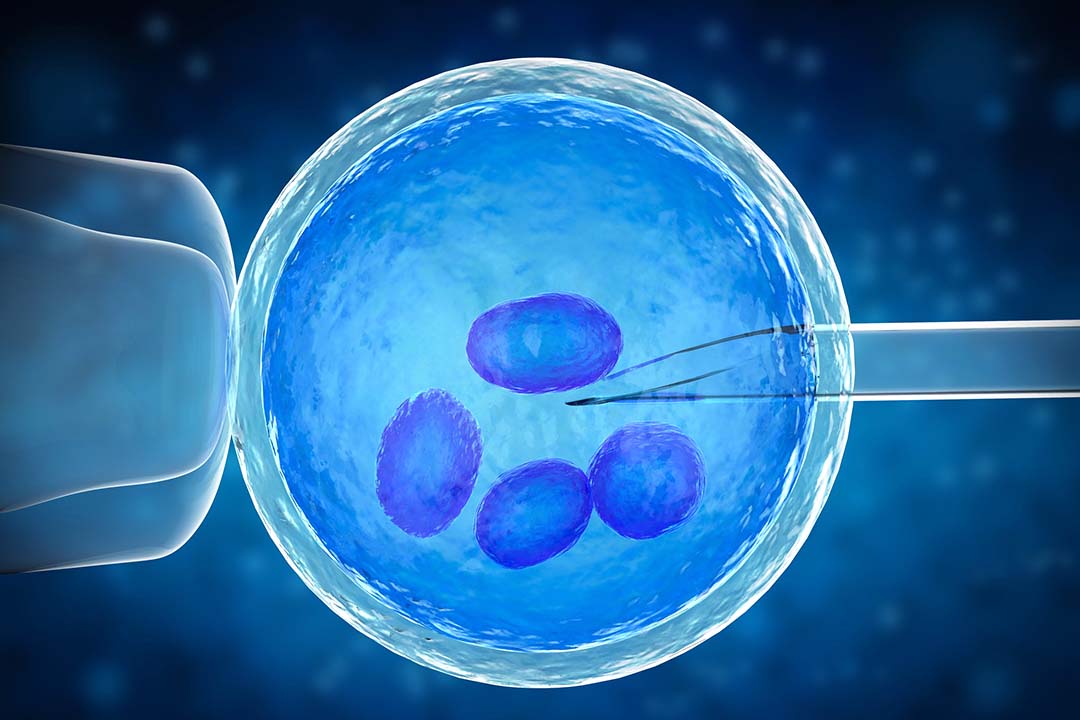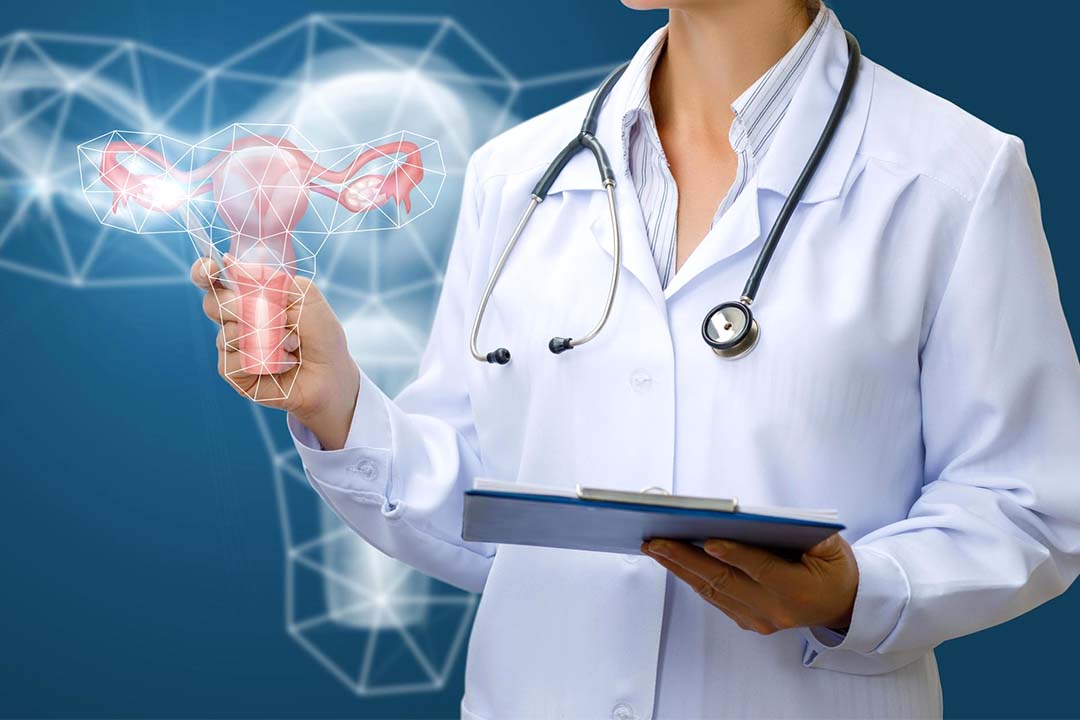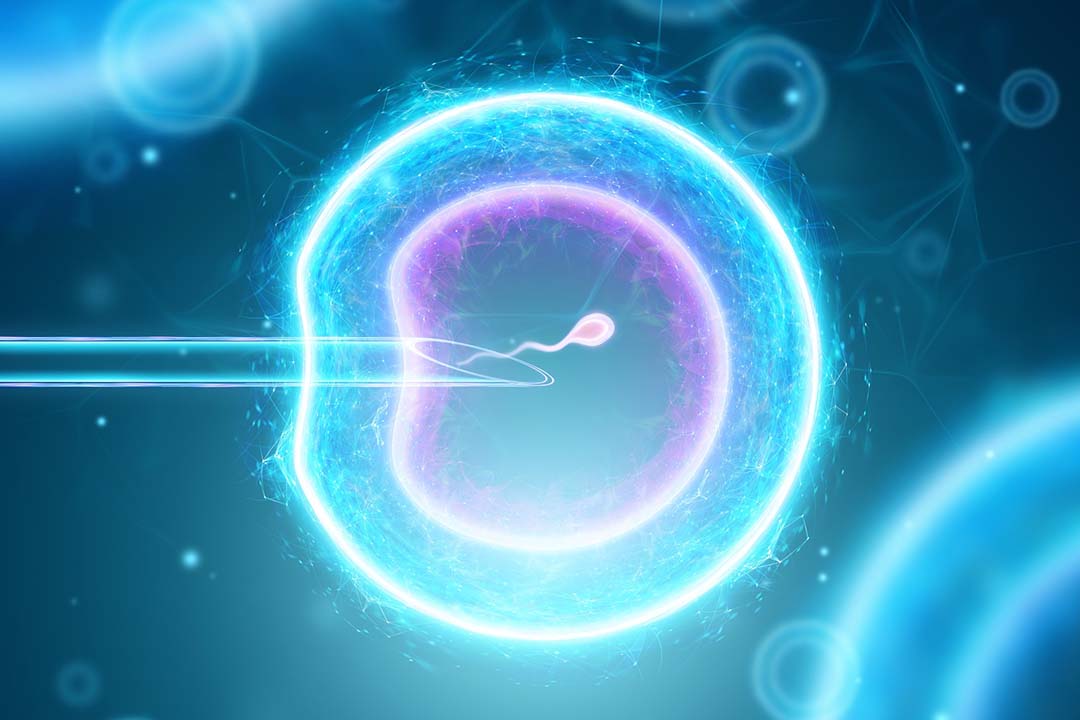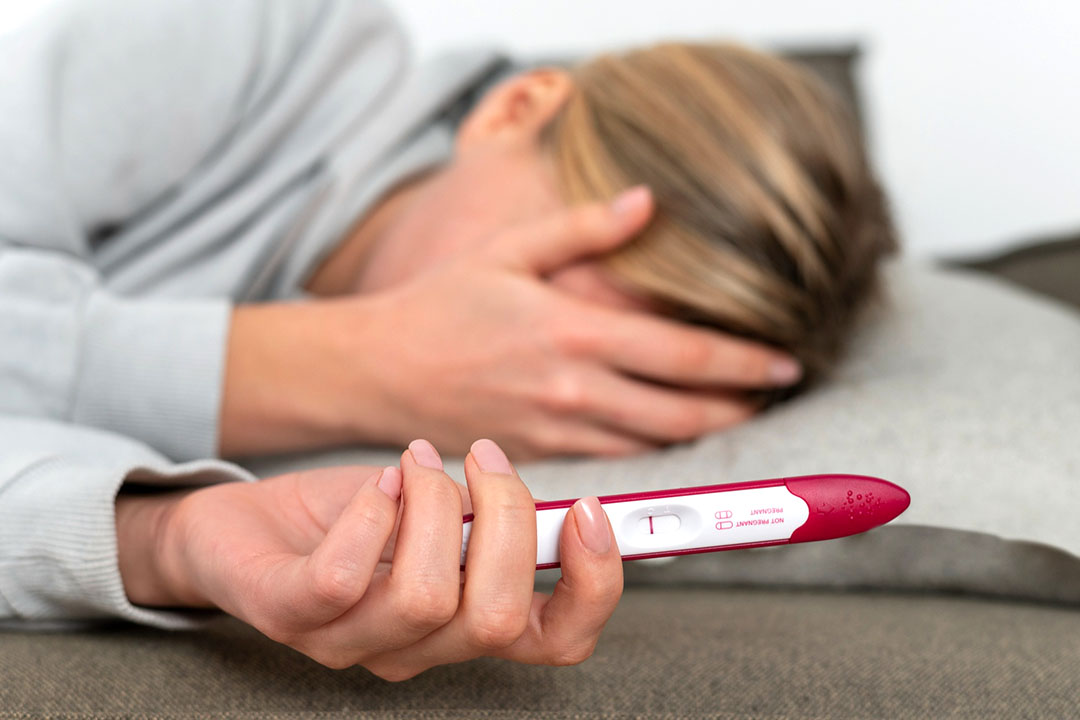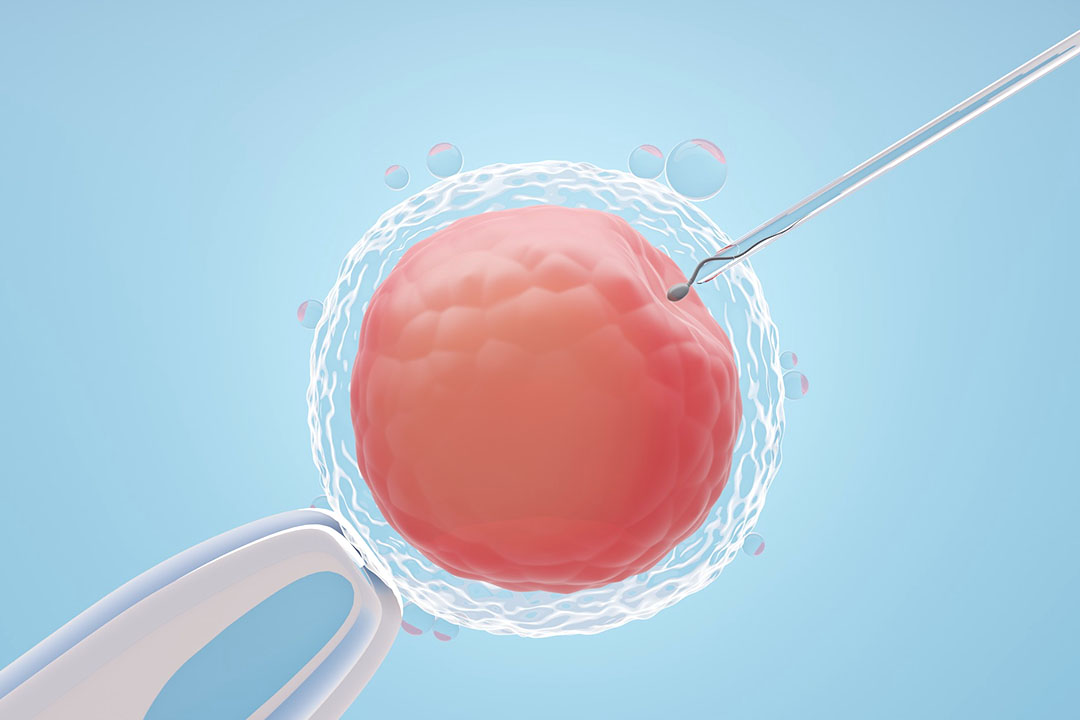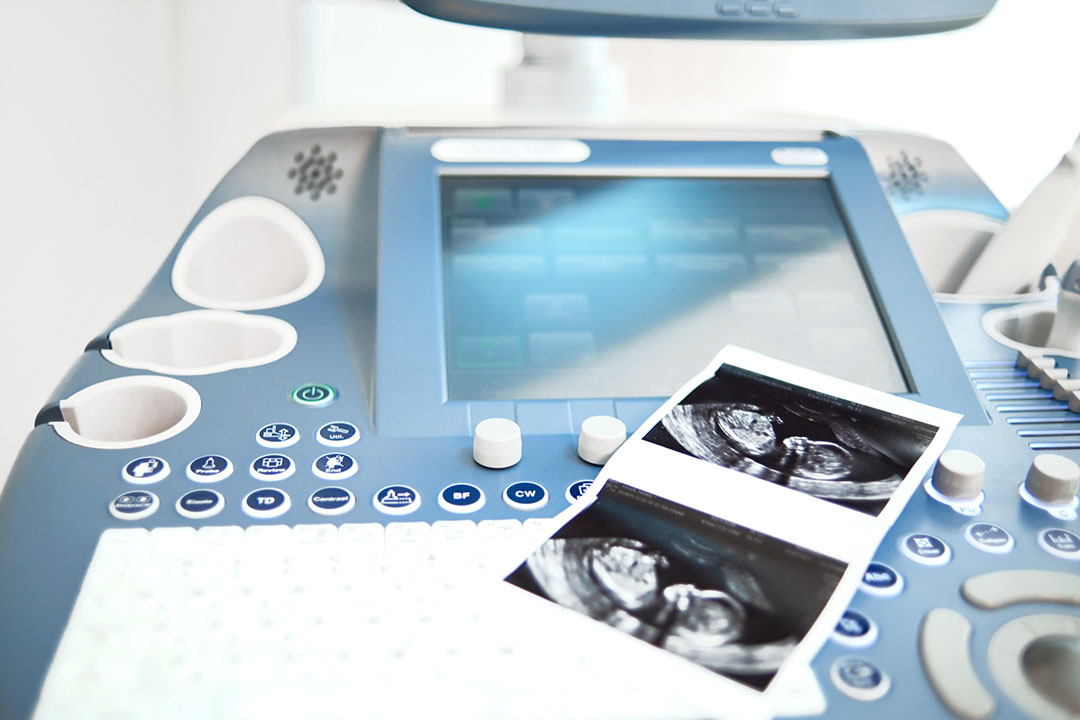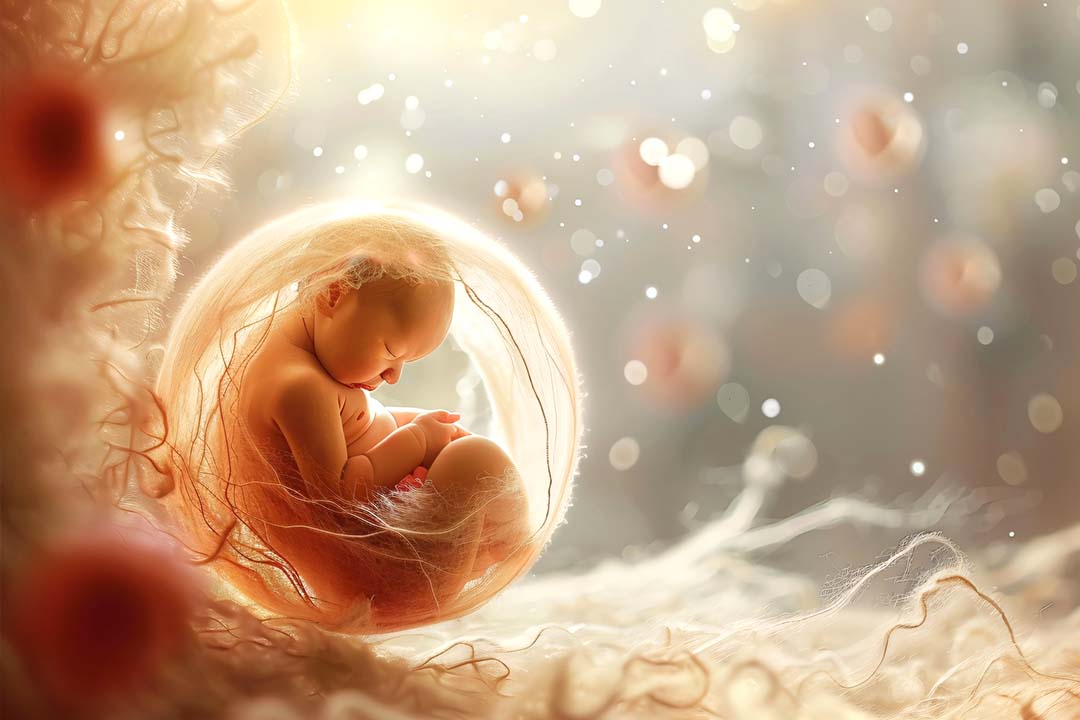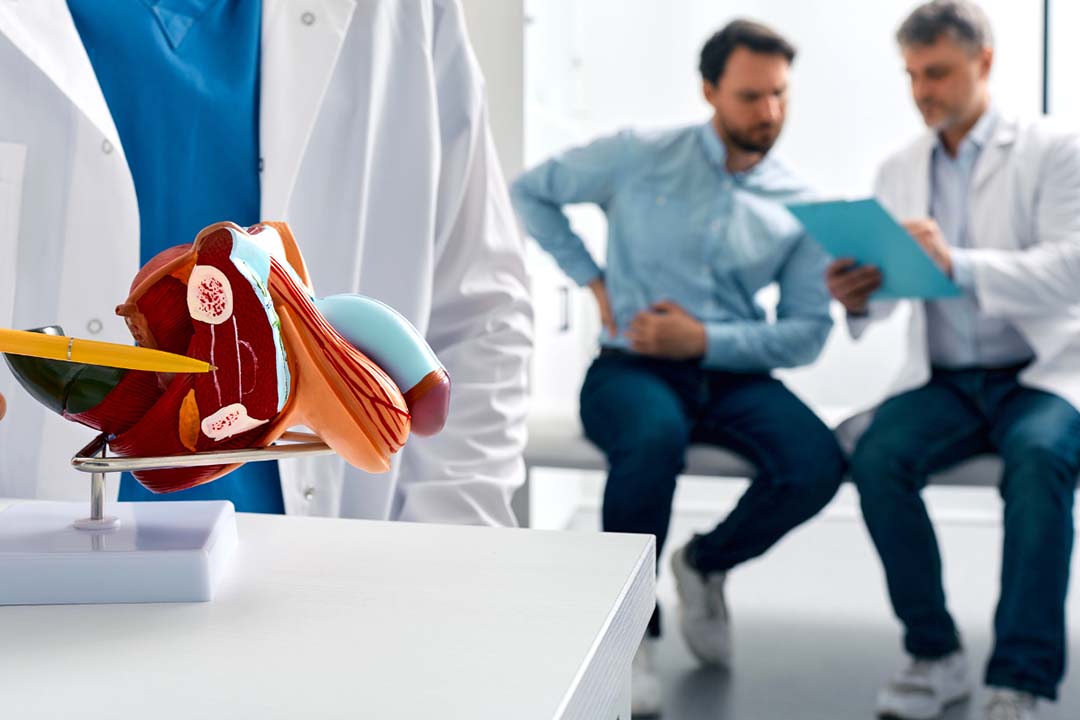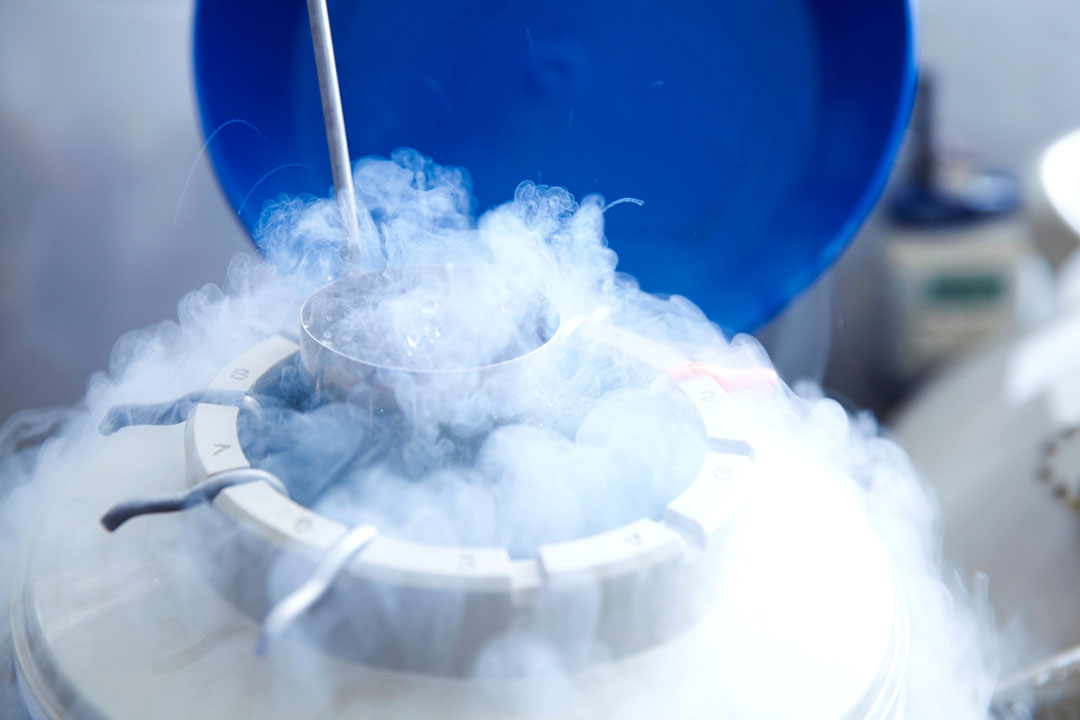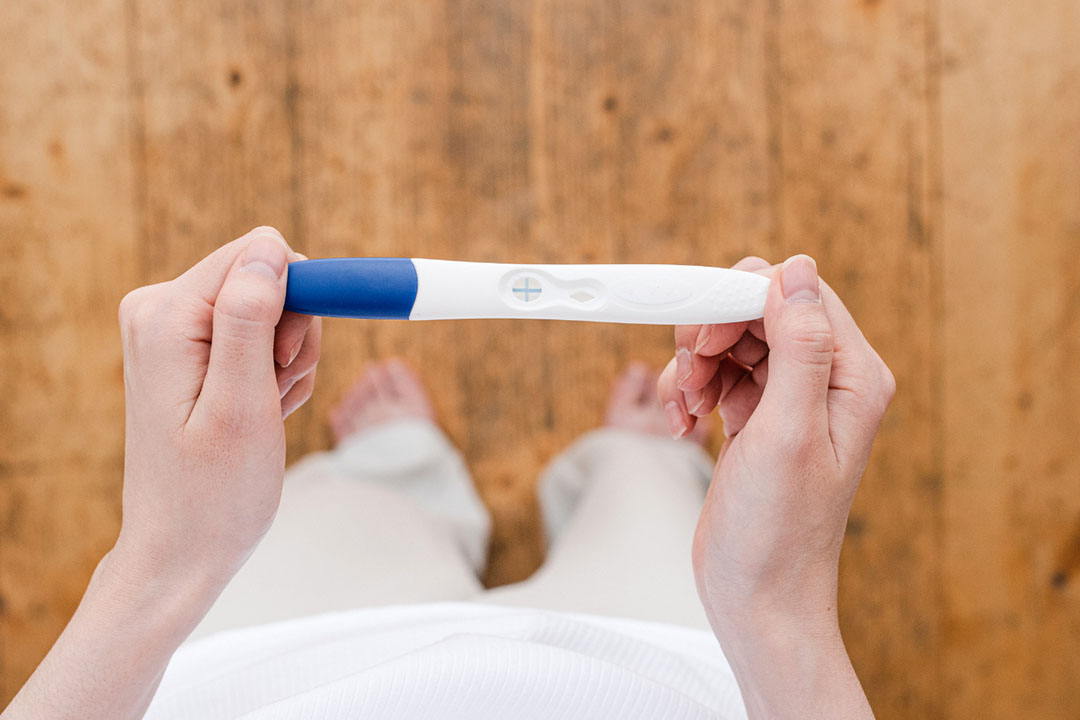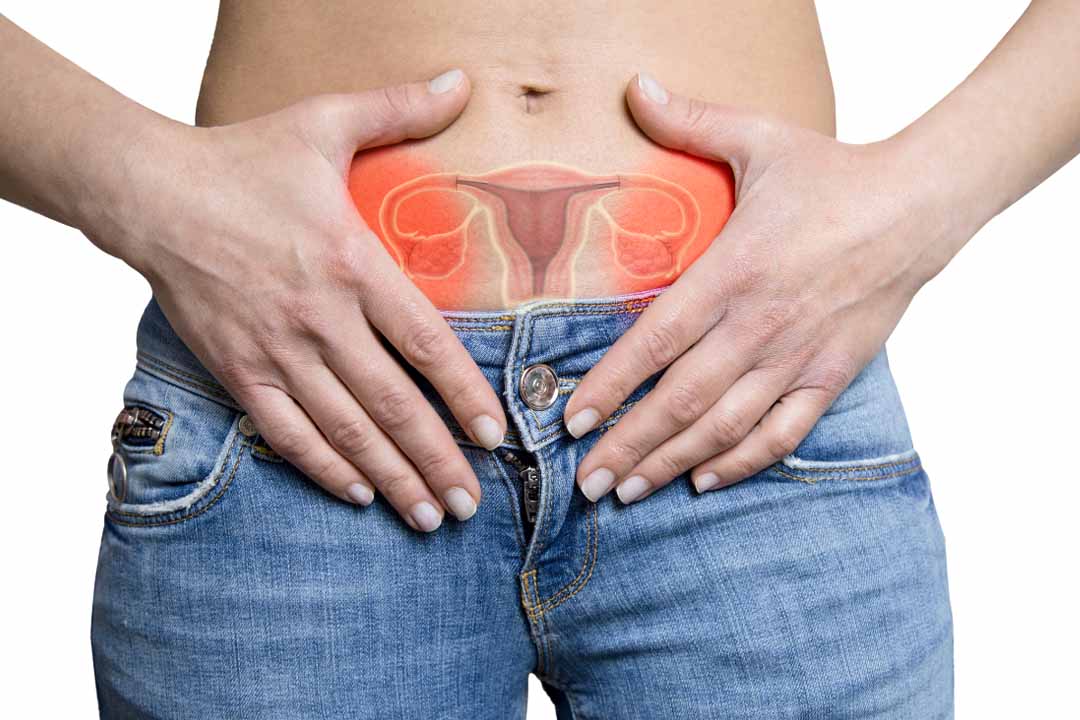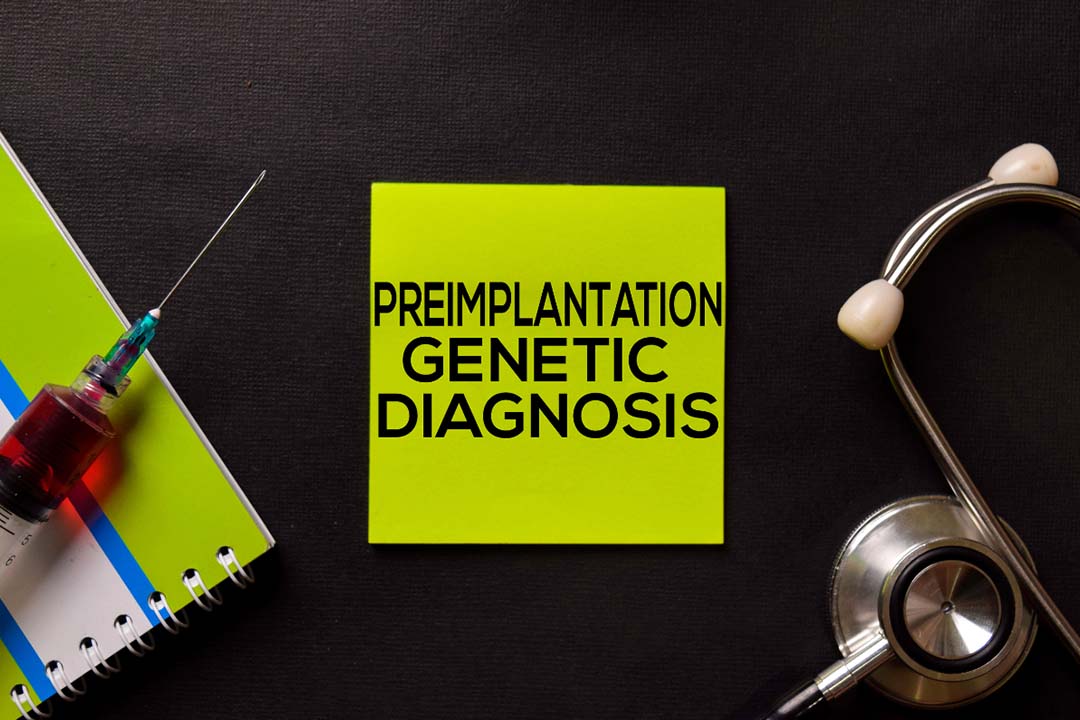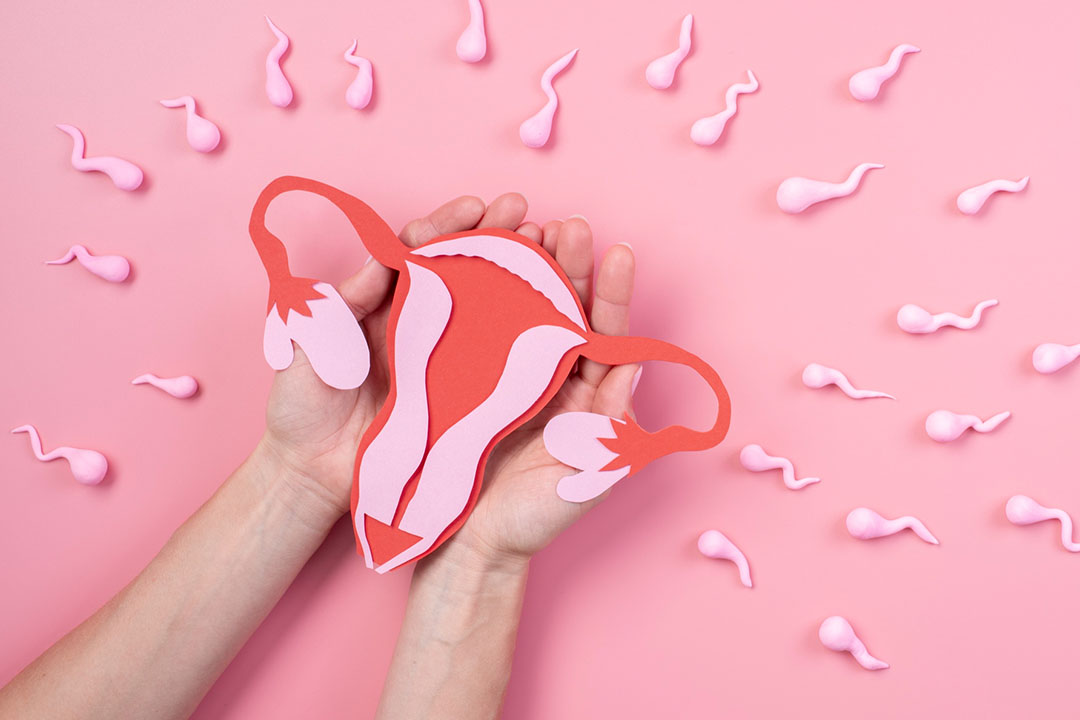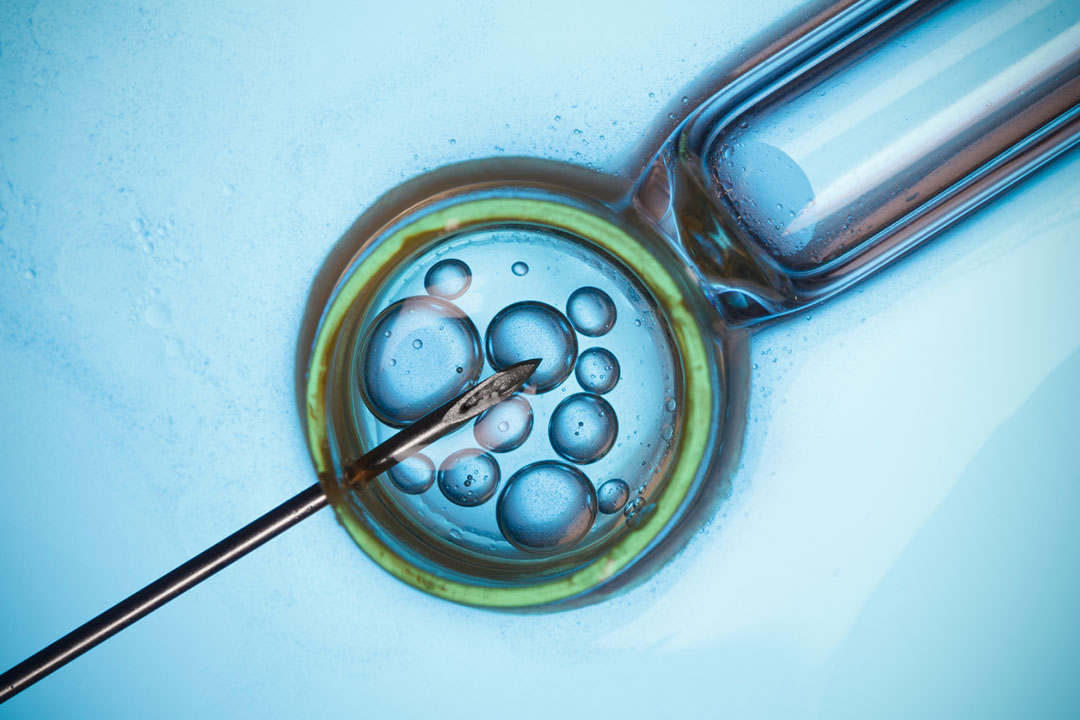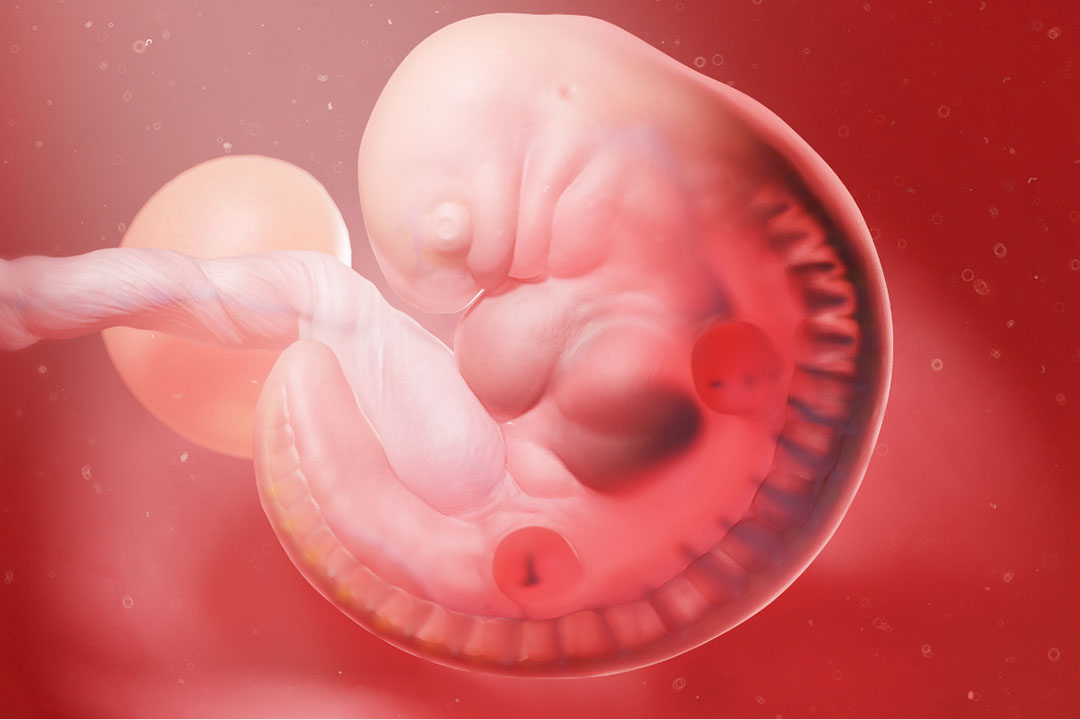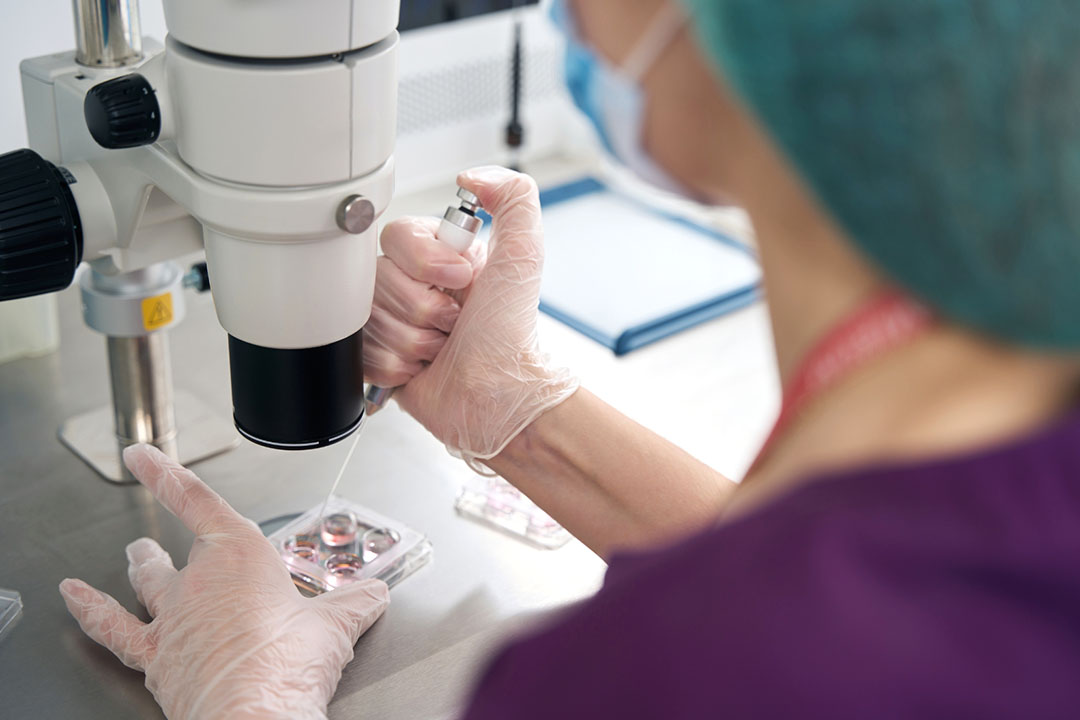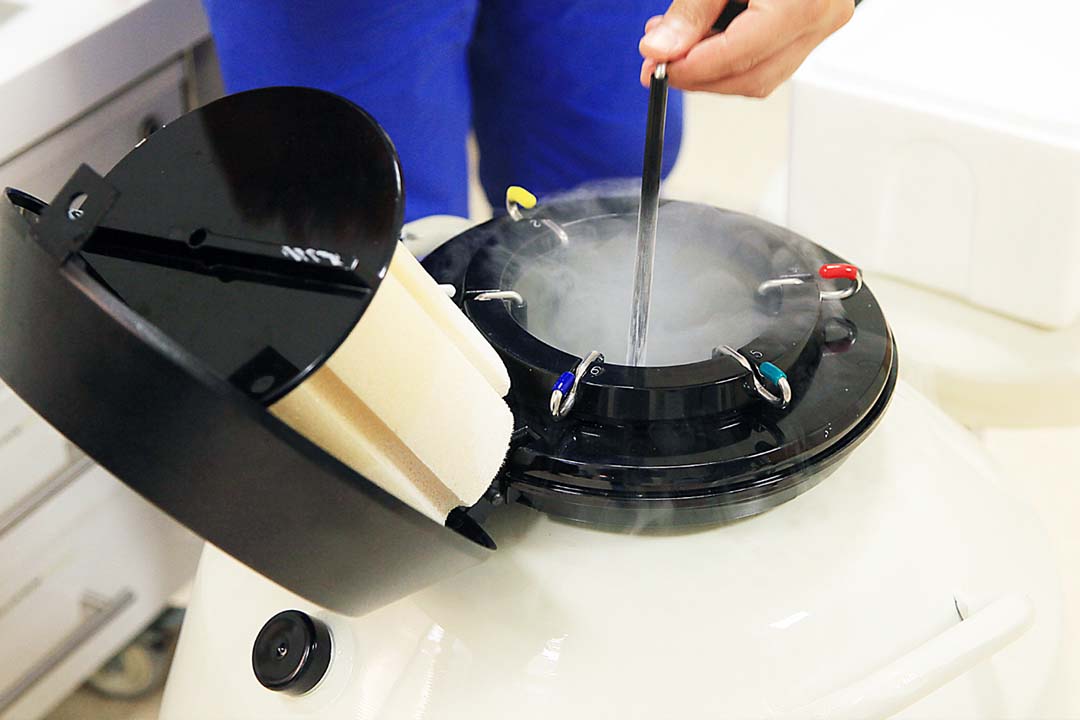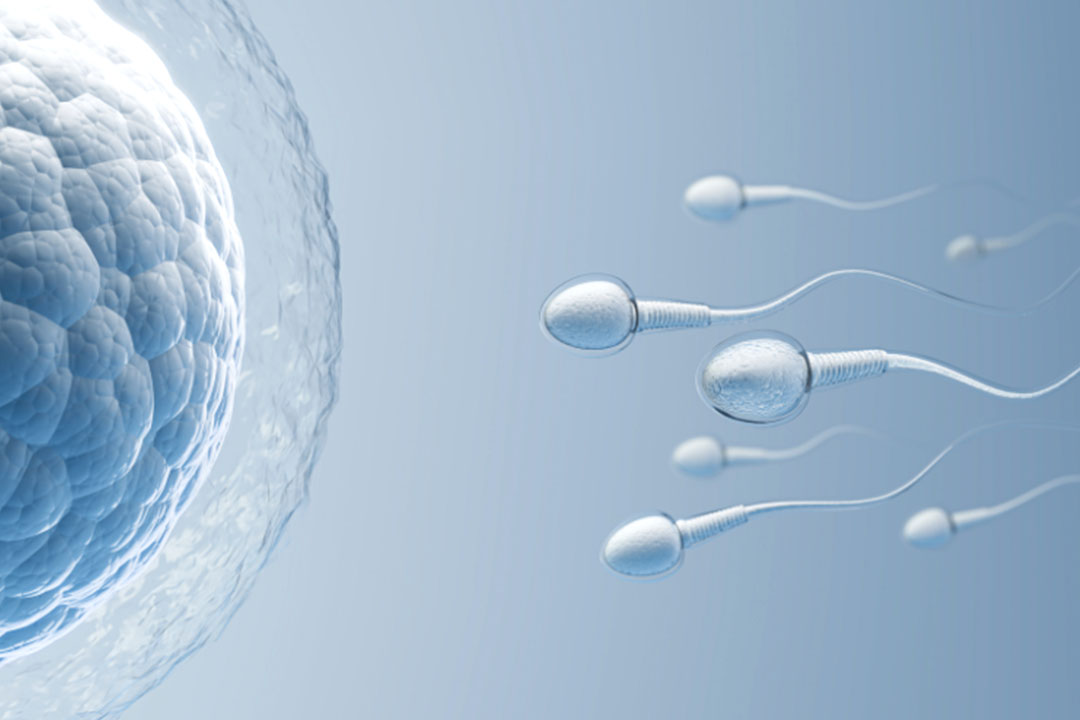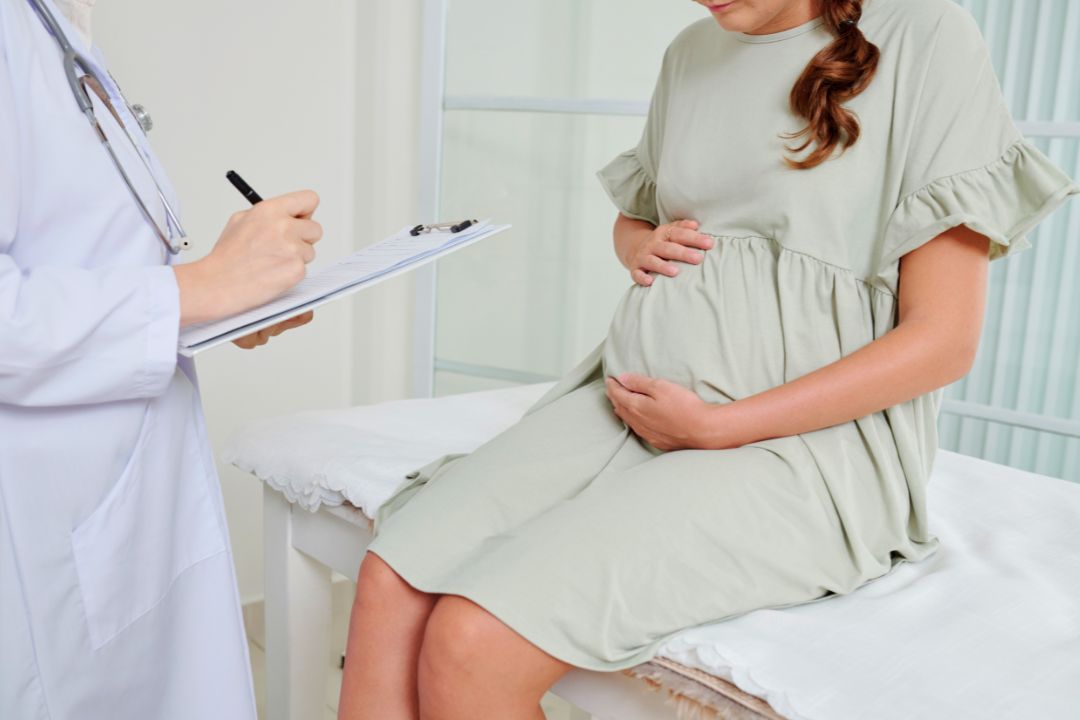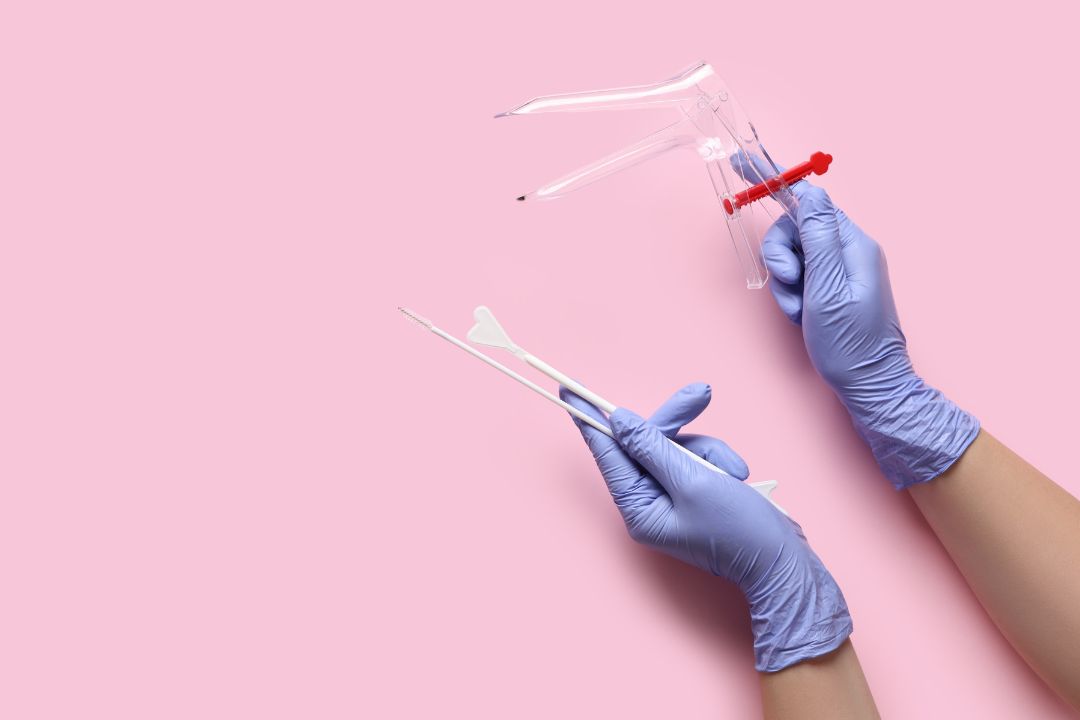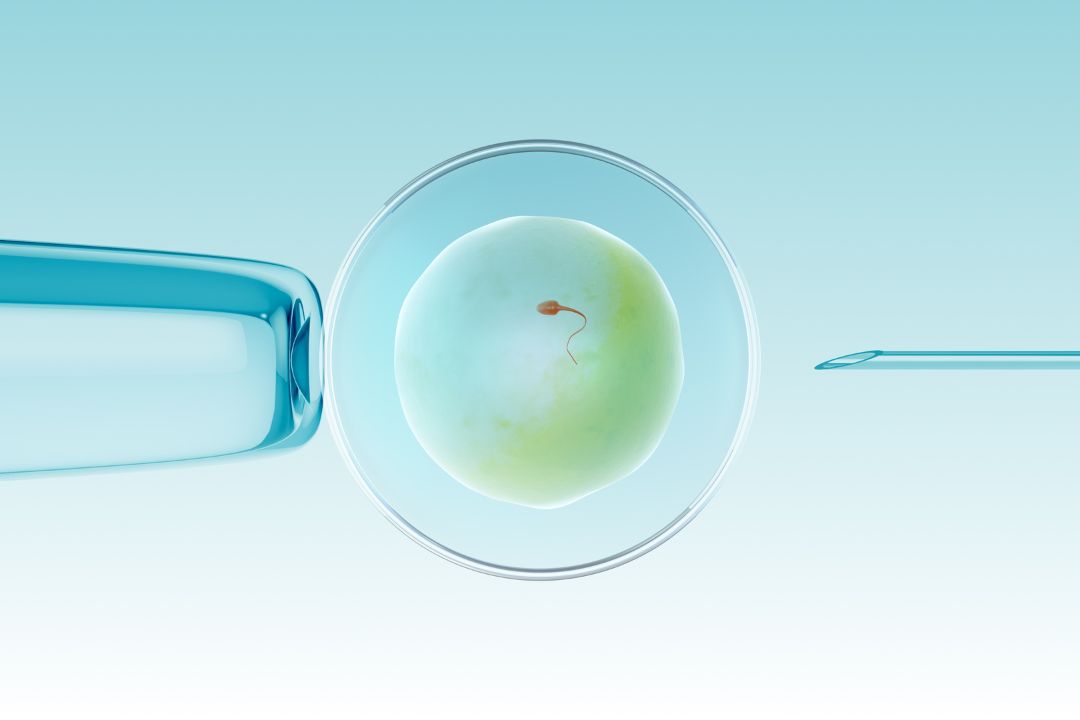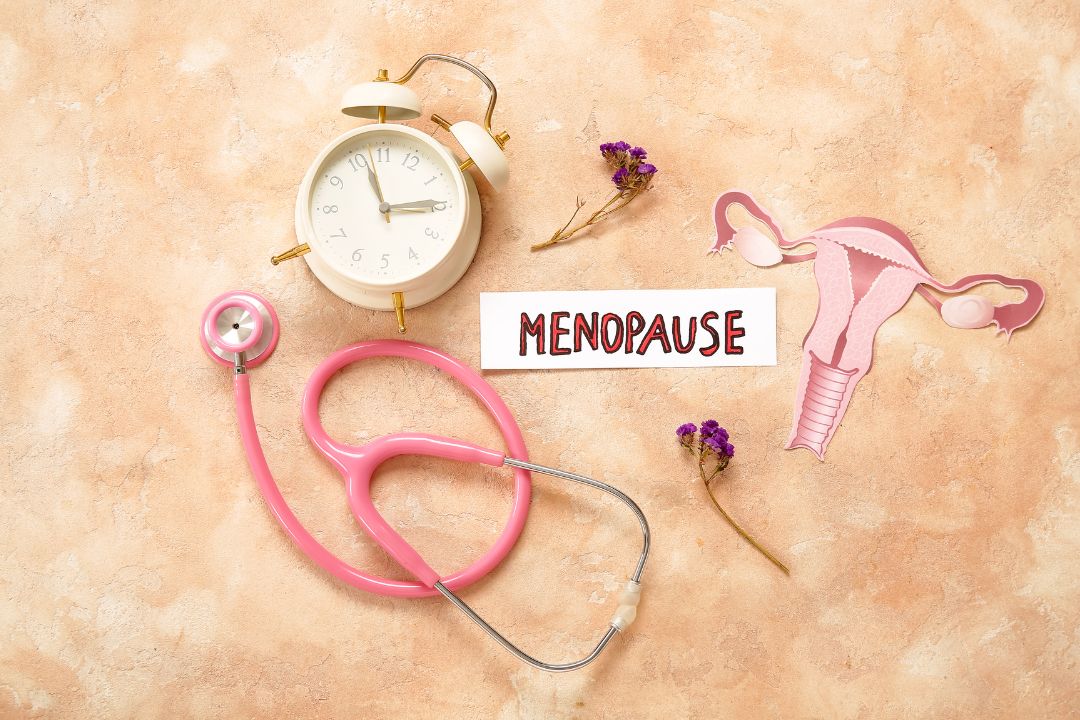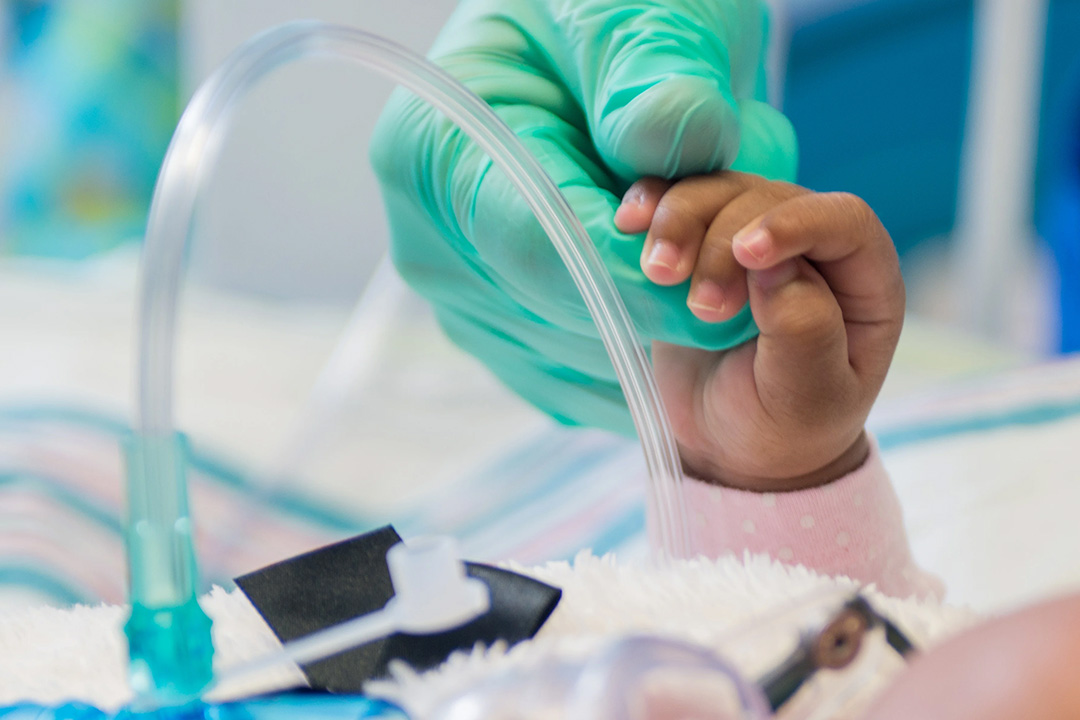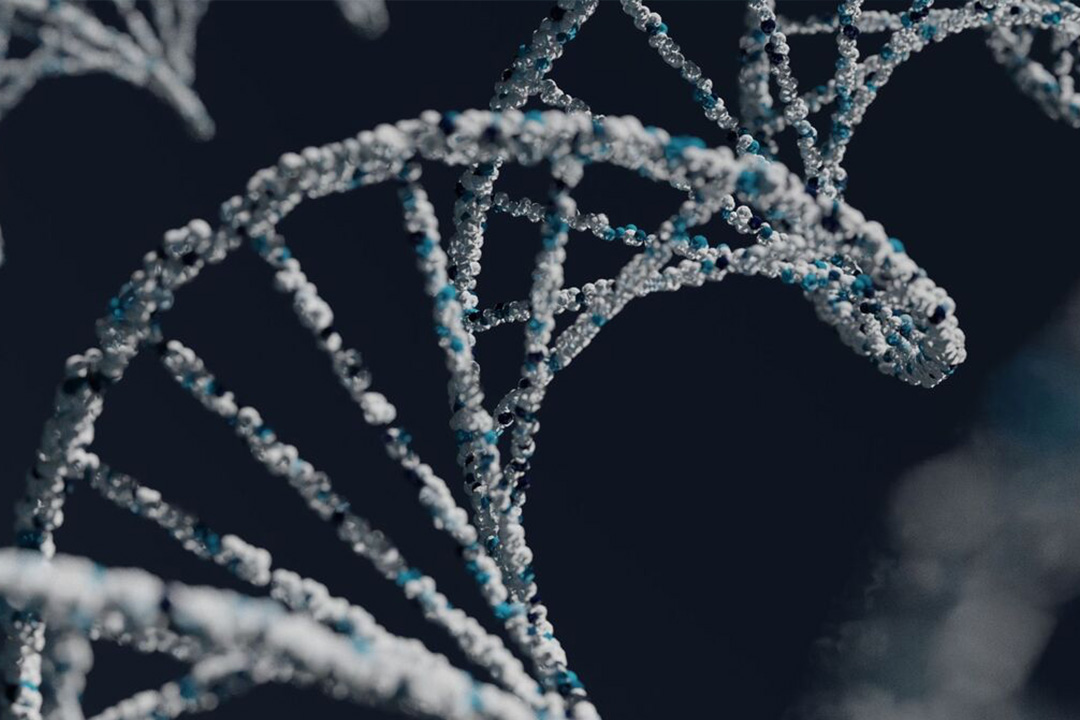What is Asthenozoospermia: Types, Causes and Treatments
Asthenozoospermia is a condition which is commonly seen in men across the world . It is one of the causes of infertility in men. This article speaks about the causes and impact on pregnancy while looking for treatment options.

What is the Meaning of Asthenozoospermia?
Infertility is a condition which can occur in both male and female. When it comes to male infertility, asthenozoospermia- A condition where the male produce sperms with low motility. It is very common with 1 in every 5000 men having complete asthenozoospermia (complete immotile sperms).
The ability of the sperm to travel in a straight line steadily is known as sperm motility. To have a natural pregnancy, a good sperm motility and number is necessary.
Upon ejaculation, the sperms will have to penetrate through the cervical mucus and travel to the uterus where it has to pierce through the layers of egg to fertilise the ovum.
But when the sperm motility is below 50 percent meaning if the speed of the sperm is 25 micrometres/second, it indicates the patient is suffering from asthenozoospermia.
This condition is commonly seen with men who suffer from kidney diseases, cystic fibrosis, and other genetic issues.
What are the Different Types of Asthenozoospermia?
- Primary asthenozoospermia: This type of asthenozoospermia occurs when the motility of the sperm is affected by the intrinsic factors of the body such as sperm structural flaws, genetic abnormalities, or issues with the energy transfer that is required for the sperm motility.
- Secondary asthenozoospermia: Secondary asthenozoospermia occurs when the motility of the sperms is affected by external factors such as exposure to harmful chemicals, environmental causes, hormone abnormalities, having infections, or use of drugs.
- Mild asthenozoospermia: As the name suggests, this condition will cause a small decrease in the sperm motility in male infertility. In mild asthenozoospermia, a bigger proportion of the sperms might be able to travel weakly, thereby affecting the fertilisation process. The overall fertility although is not affected, the chances of conceiving will reduce.
- Oligoasthenozoospermia: Having a condition where there is both low sperm count (oligospermia) and reduced sperm motility (asthenozoospermia) is termed as oligo asthenozoospermia.
The semen consists of fewer sperms than normal and those that are present have poor motility.
Due this interference in ability of the sperm to reach egg, the fertilisation process becomes difficult and decreasing the chances of conceiving. Oligoasthenozoospermia therefore, has a role in causing male infertility.
What are the Causes of Asthenozoospermia?
Asthenozoospermia being a very common condition in men, has various reasons for its occurrence which include the following:
Genetic or Chromosome Abnormalities
In the chromosomes when there are deletions or rearrangements it is known as genetic abnormalities. These abnormalities can lead to asthenozoospermia. These abnormalities might have an effect on sperm development and its motility thereby resulting in reduced fertility.
Immune Responses
In certain cases, as a response to trauma, injury or infections the male’s immune system might start to produce antibodies against its own sperm. This will cause them to clump together and become less motile. In few cases, the reason can also be unknown.
Varicocele
Within the scrotum (a sac-like structure which provides external support and protection to the testes) there are many veins and when the vein inside gets enlarged, it will lead to an increased testicular temperature which affects sperm production. Due to change in the optimum testicular condition, the motility of sperms get affected as well.
Abnormal Semen Liquefaction
The space inside the sperm duct may get decreased sometimes and lead to obstructed the activity and movement of the sperm. There are various reasons for the condition to occur from genetics till stress. This will lead to poor sperm motility.
Infections
When the person suffers from some infections such as sexually transmitted diseases like chlamydia, gonorrhoea etc. it will have a negative impact on the sperm motility. The male reproductive system will get inflamed or scarred upon having these infections and this will affect the overall sperm count and its motility.
Medications
When a person is given different types of antibiotics, hormone therapies, and chemotherapy drugs, they have a chance of interfering with the sperm production and eventually the motility. When these medications are used for longer duration or in higher doses, they can lead to asthenozoospermia.
Environmental Toxins
Pesticides, heavy metals, and industrial chemicals are certain toxic things found in the environment. Being exposed to them can have harmful effects on the quality and motility of the sperm. There is a hormonal balance in the body which will be affected by these toxins thereby impairing the function of the sperm.
Lifestyle
Smoking, excessive alcohol consumption, using drugs and obesity will cause a poor lifestyle. This can lead hormonal imbalances, improper sperm production and poor sperm motility thus causing asthenozoospermia most of the times.
Nutrition
Not having enough nutrients in the food and having a deficiency of essential nutrients such as zinc, selenium, vitamin E, and antioxidants will affect the sperm quality and motility.
Is Asthenozoospermia Curable?
Asthenozoospermia as a condition is treatable and can be managed and treated by making certain lifestyle changes such as quitting alcohol and smoking and by using the medications prescribed by the doctors which help to increase the sperm motility.
But whether the condition is completely curable or not will depend what exactly is the cause for the patient to have asthenozoospermia and his underlying medical conditions. It varies from person to person.
Is it Possible to get Pregnant Naturally with Asthenozoospermia?
Asthenozoospermia can cause the sperms motility to decrease and thereby affect the entire fertilisation process. A minimum of 40% sperms needs to be motile for conceiving.
When the person has mild condition, approximately 60-70% of the sperms become immotile and in severe cases above 75%. This leads to complications in natural pregnancy. In some cases, people can conceive with treatment but when it does not happen, the doctor would recommend an IVF or ICSI.
What are the Treatments for Asthenozoospermia?
Asthenozoospermia is a treatable condition and there are many ways to keep the condition under check such as
- Lifestyle Changes: Having a healthy lifestyle such as quitting smoking, keeping the alcohol consumption low, consuming a balanced diet which are rich in vitamins, minerals, antioxidants and zinc while having regular movements such as exercises, jogging, walks or swimming can help to improve the motility of the sperms.
- Antioxidants: The doctor may prescribe some antioxidants to reduce the oxidative stress.
- Hormonal Therapy: Hormone replacement therapy in certain cases will be prescribed by the doctor to treat the hormonal imbalances in the body which might have had an affect on the motility of the sperms.
- Surgery: When asthenozoospermia occurs due to varicocele, the doctor would suggest a surgery to fix it and thereby increasing the overall motility of the sperms.
- Medications: As the condition is treatable, the doctor will prescribe certain medications that are available which help to increase the motility of sperm. In certain cases, antibiotics are given as well if the motility is affected due to any infection.
- Assisted Reproductive Techniques (ART): ART can be opted for when in spite of following the above, naturally conceiving is not possible.
- IVF (Invitro Fertilisation): This procedure collects the egg and sperms from the female and male respectively and fertilise them under laboratory conditions and the embryo formed is implanted into the uterus of the female.
- ICSI (Intra Cytoplasmic Semen Injection):ICSI is opted for as well wherein the doctor directly injects a single sperm into the cytoplasm of the egg. This will lead to the formation of the embryo after the fertilisation.
For advanced fertility treatments such as IVF, IUI, azoospermia, AKsigen IVF offers expert care and personalized treatment plans to guide you on your journey to becoming a parent.
References

About Us
AKsigen IVF is a premier center for advanced fertility treatments, with renowned fertility experts on our team. Specializing in IVF, ICSI, egg freezing, and other cutting-edge reproductive technologies, AKsigen IVF is committed to helping couples achieve their dream of parenthood. With personalized care and a patient-first approach, AKsigen IVF provides comprehensive fertility solutions under one roof.



































